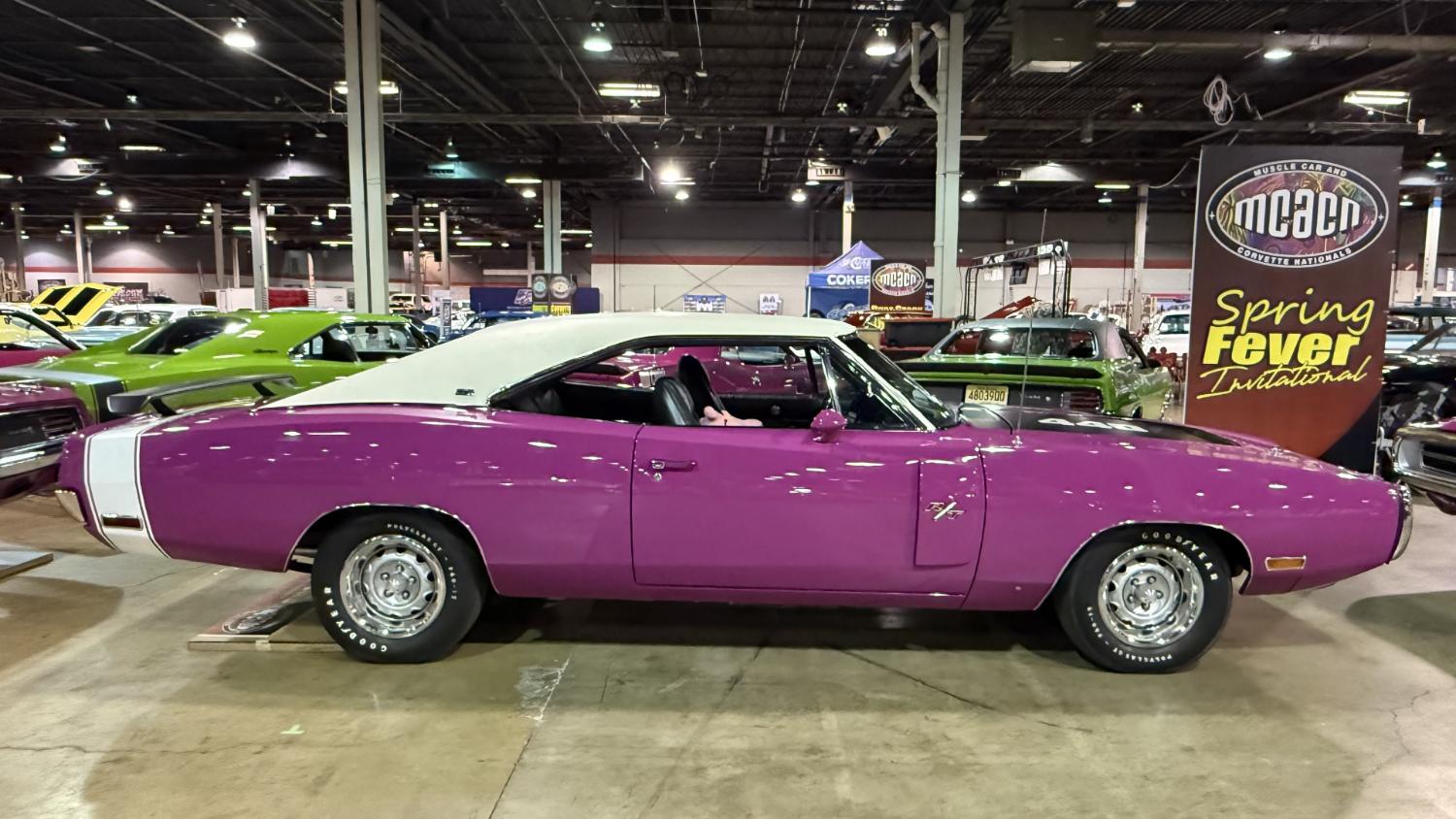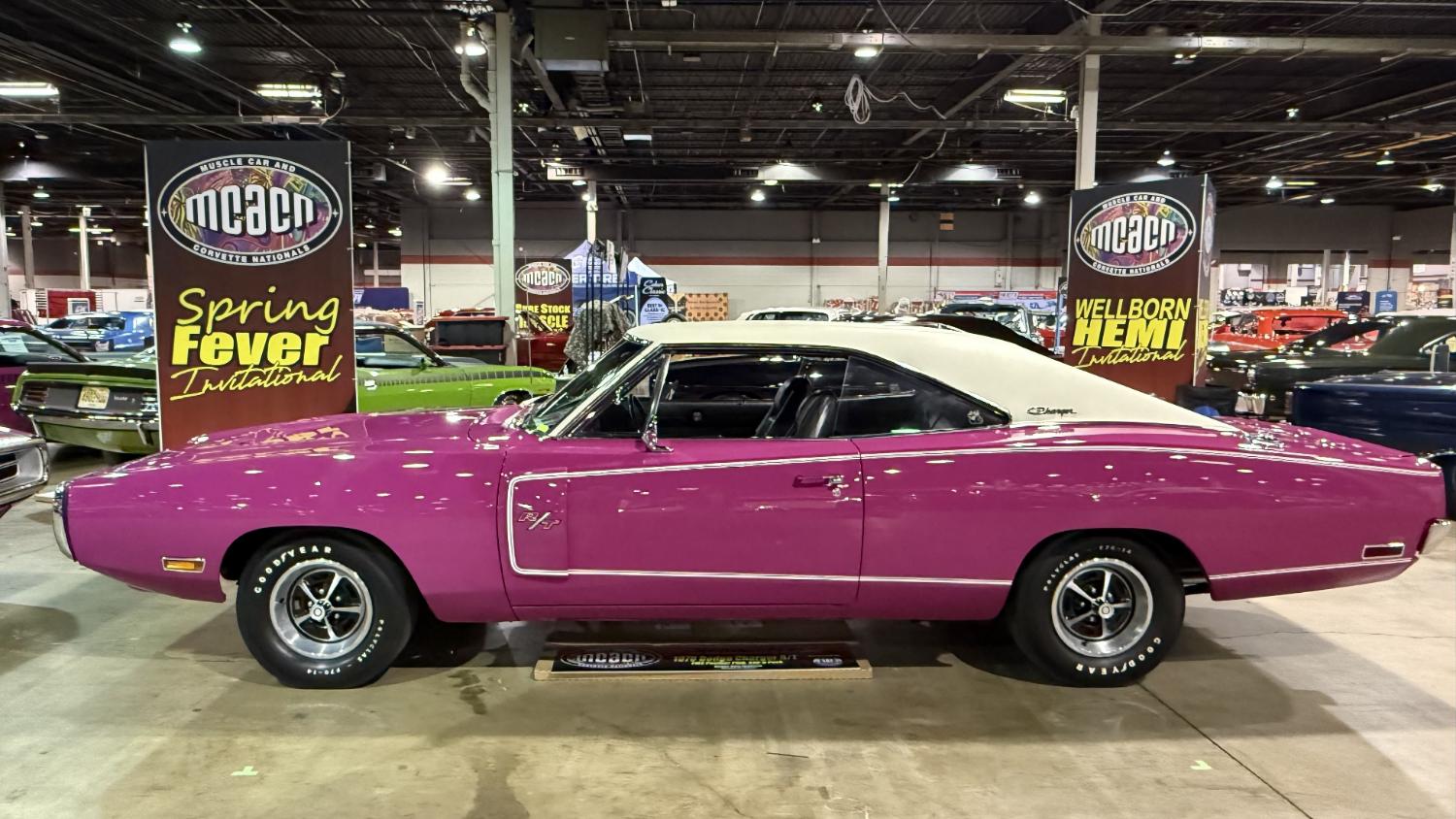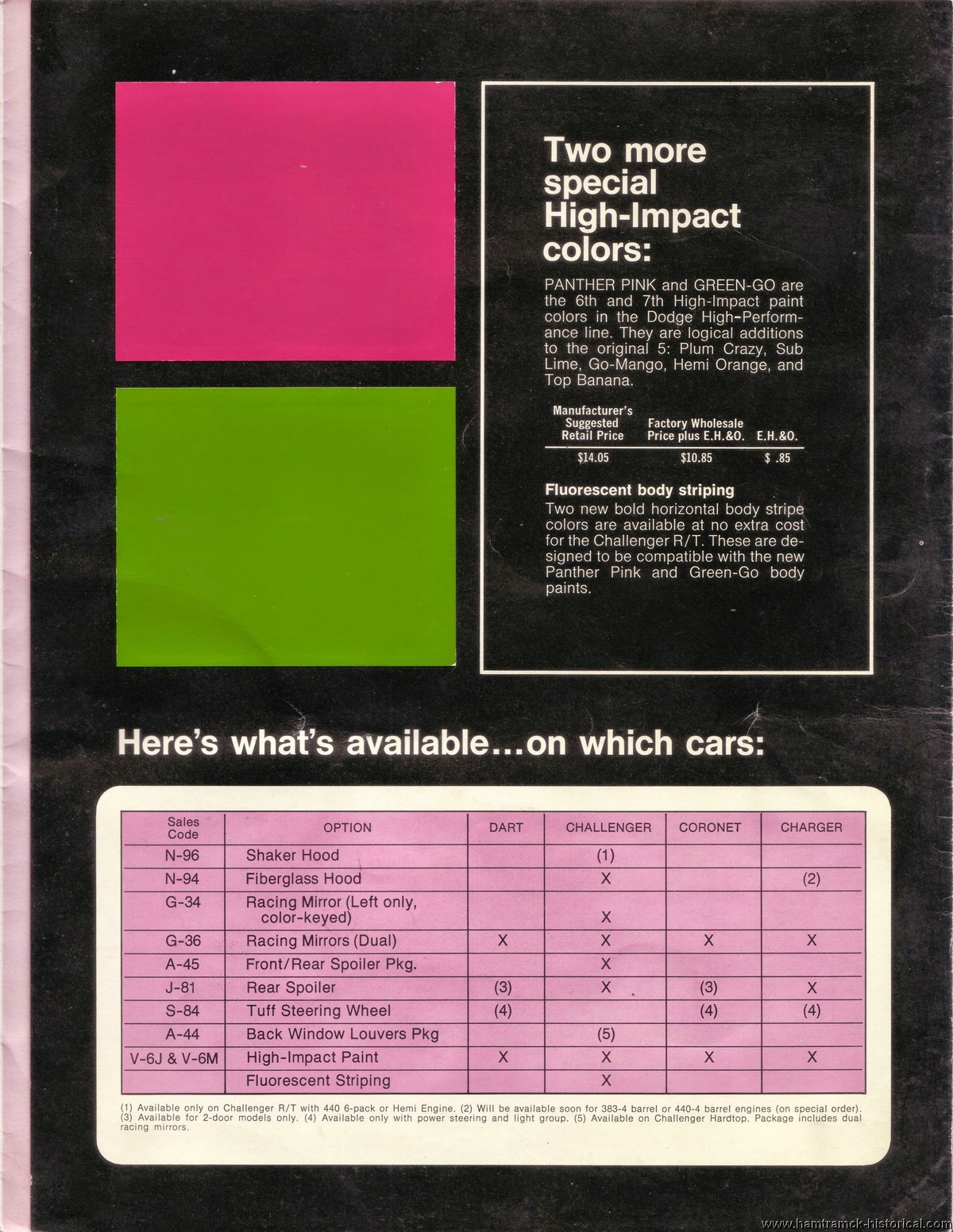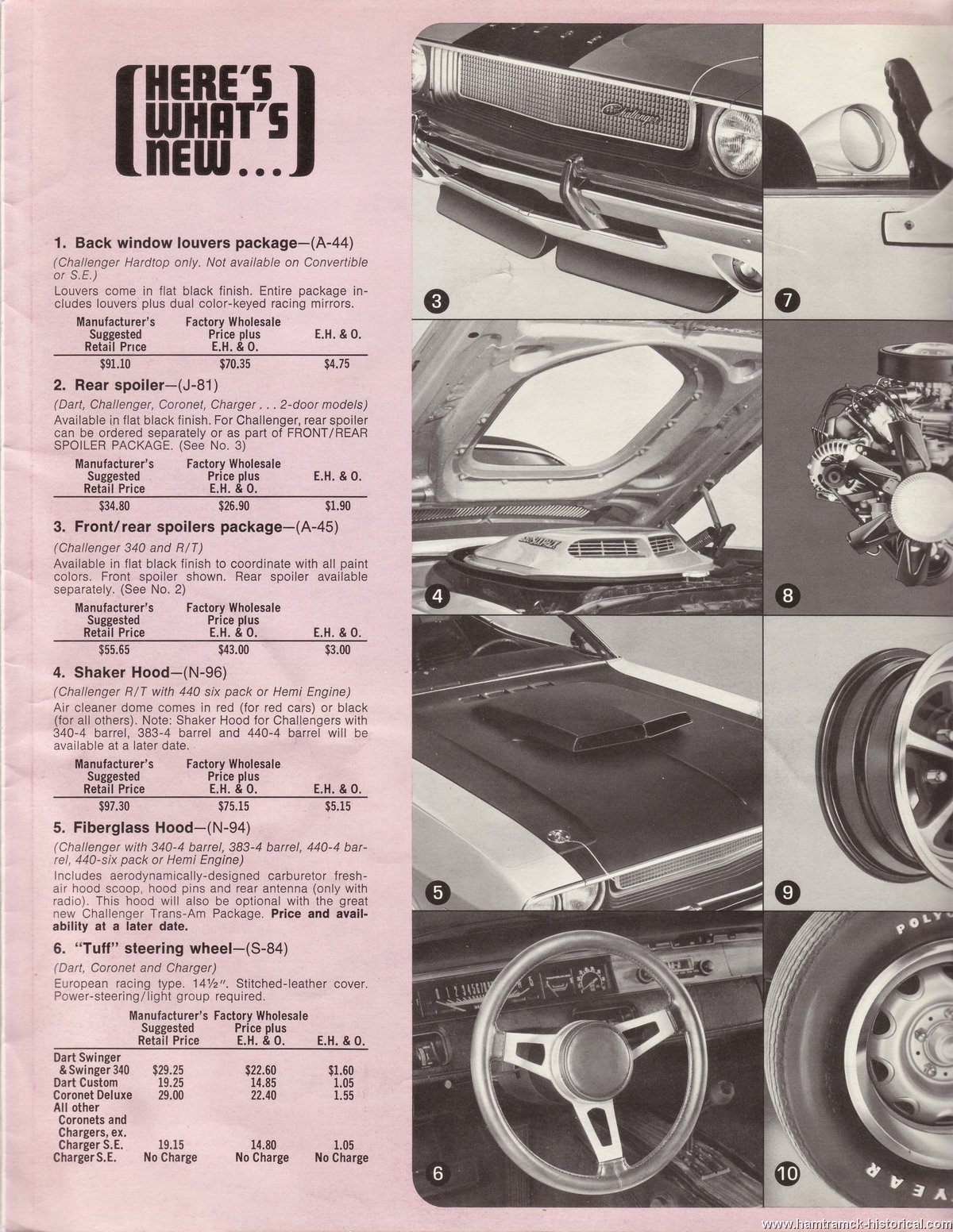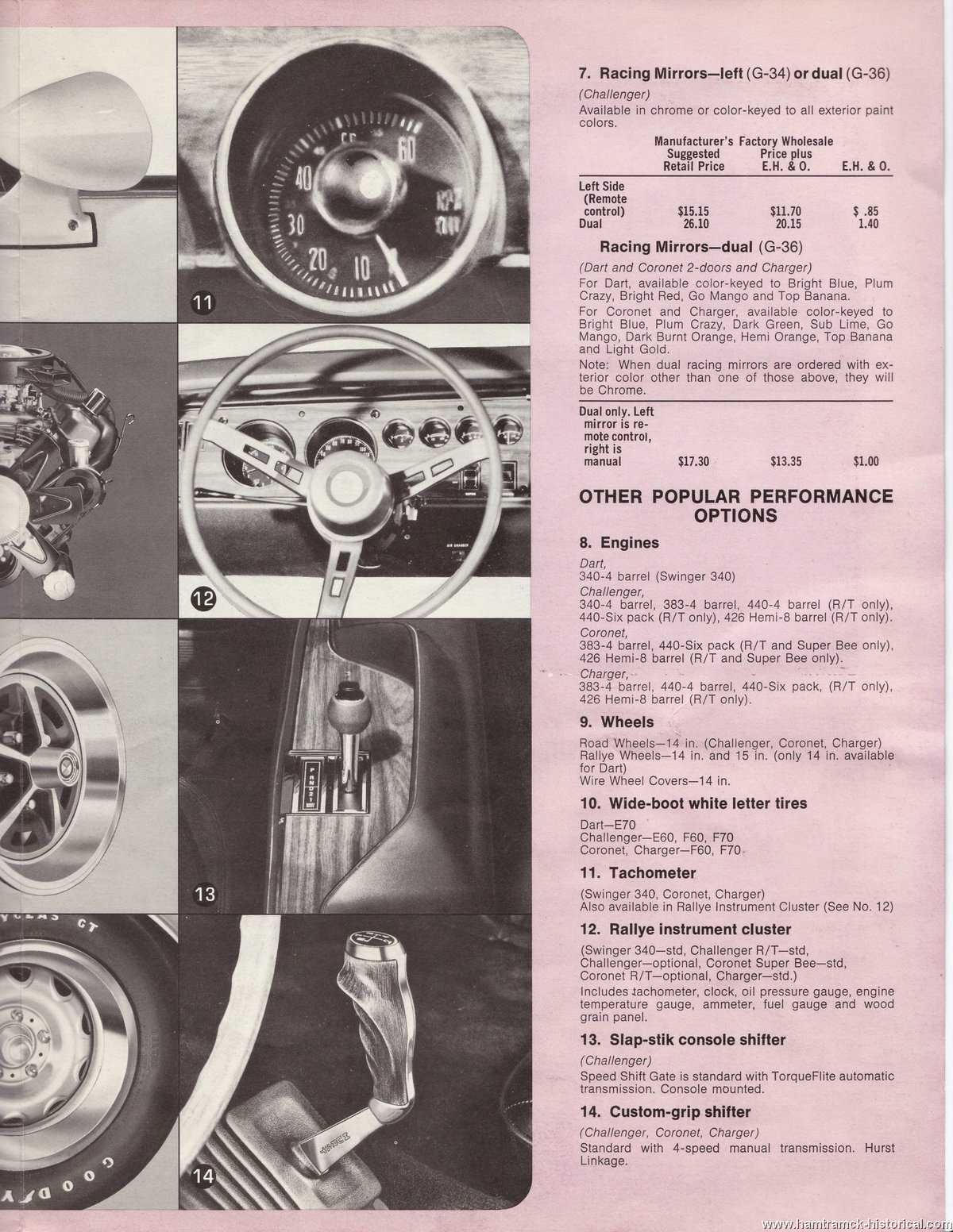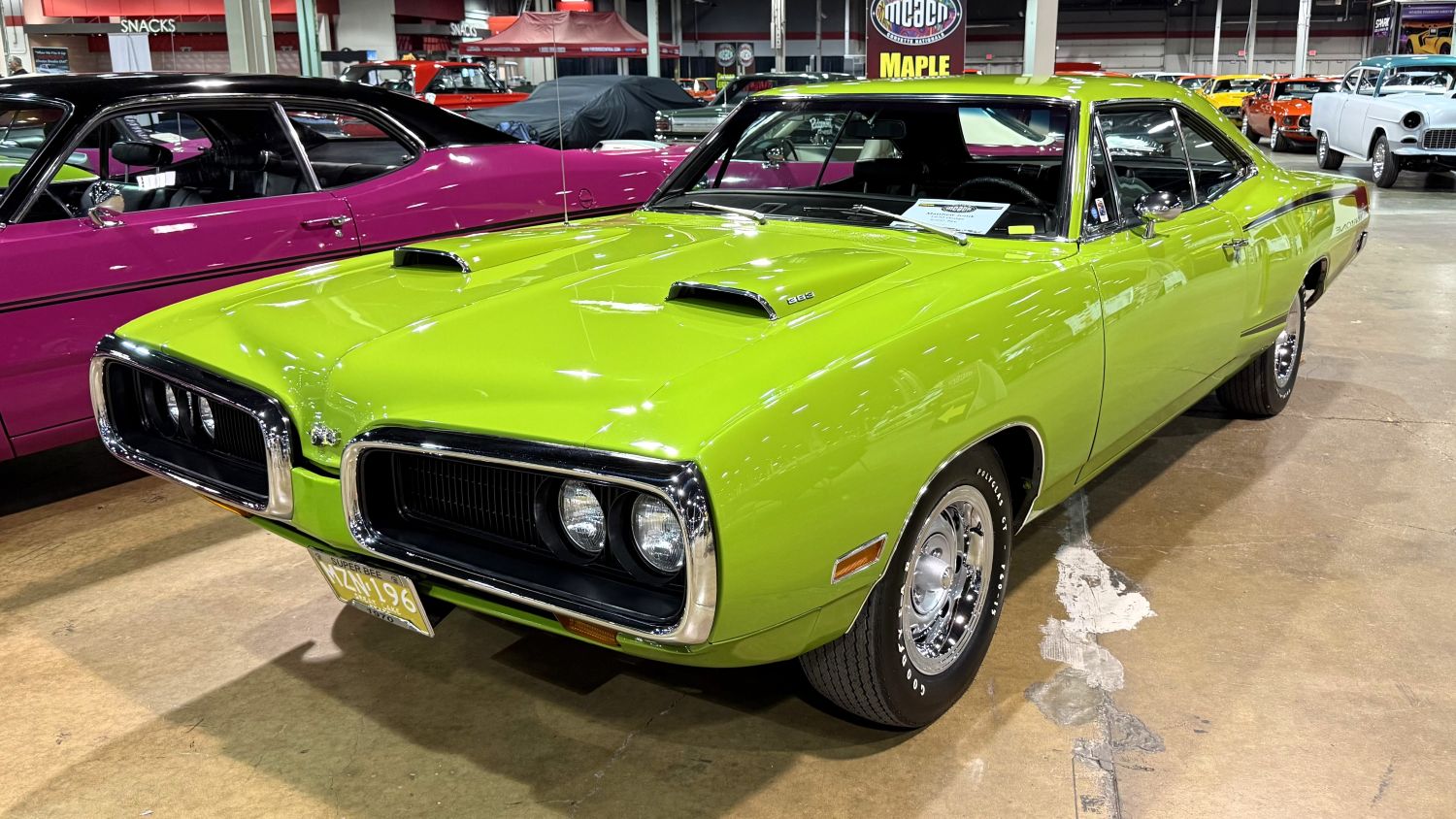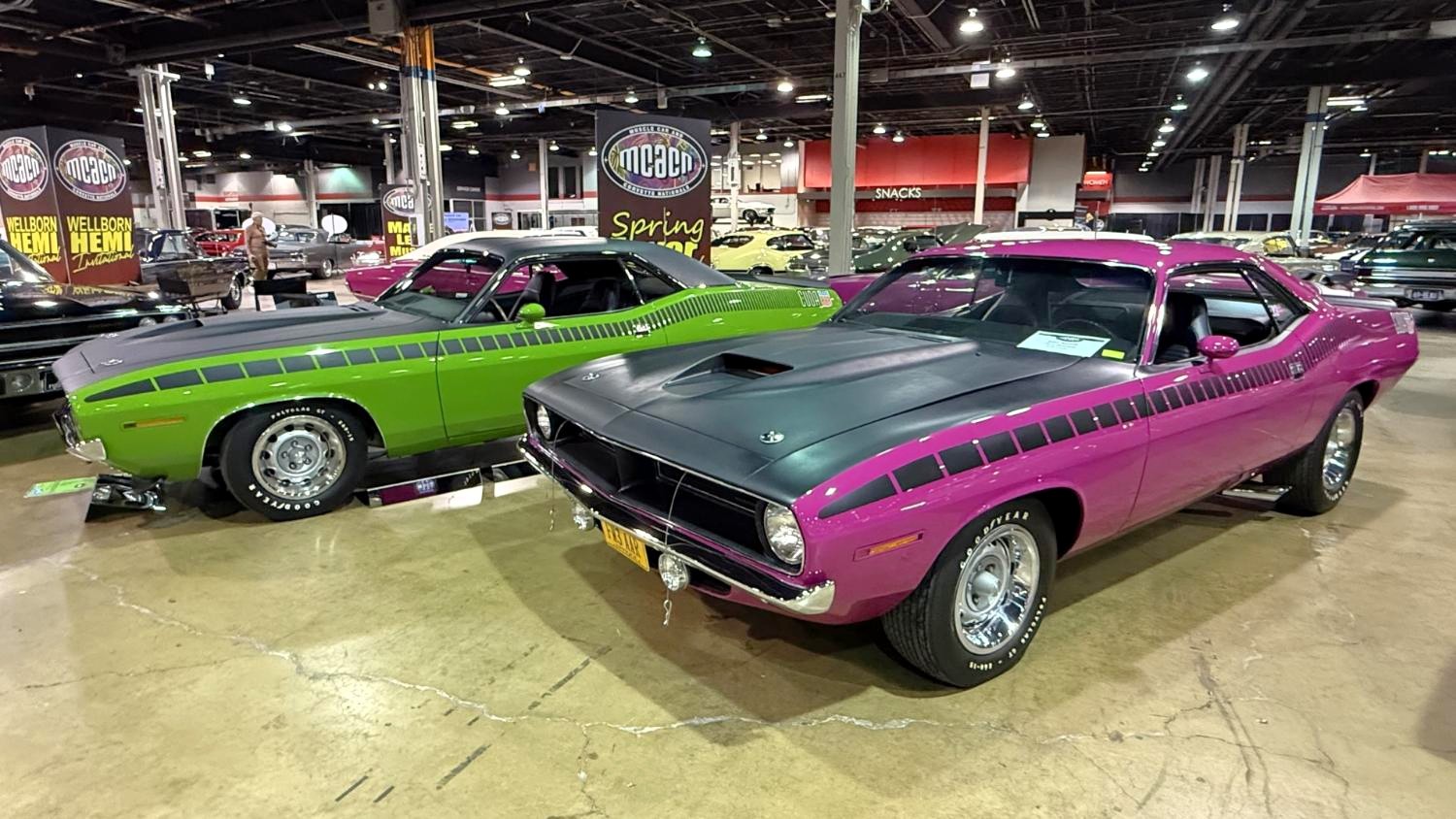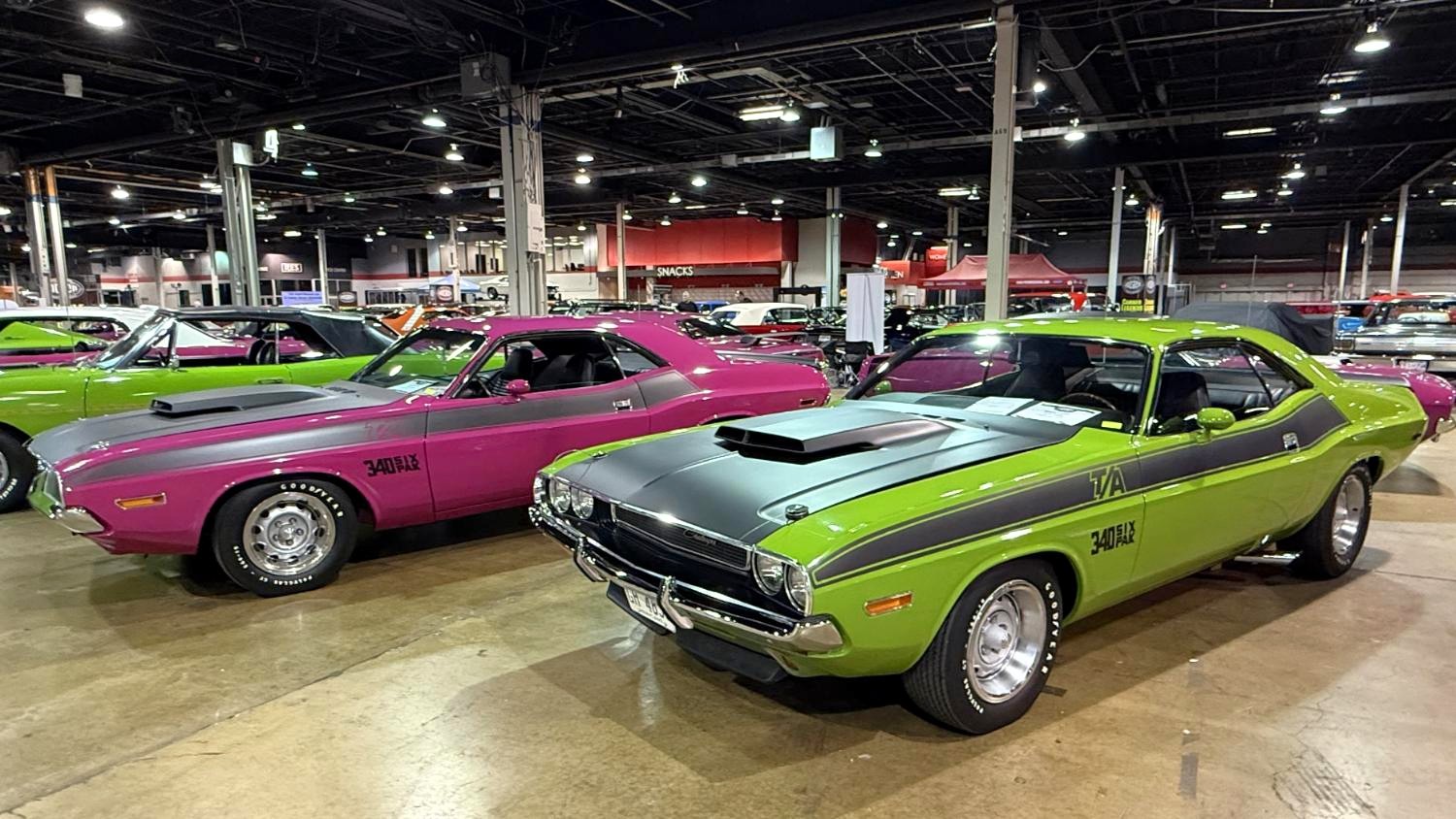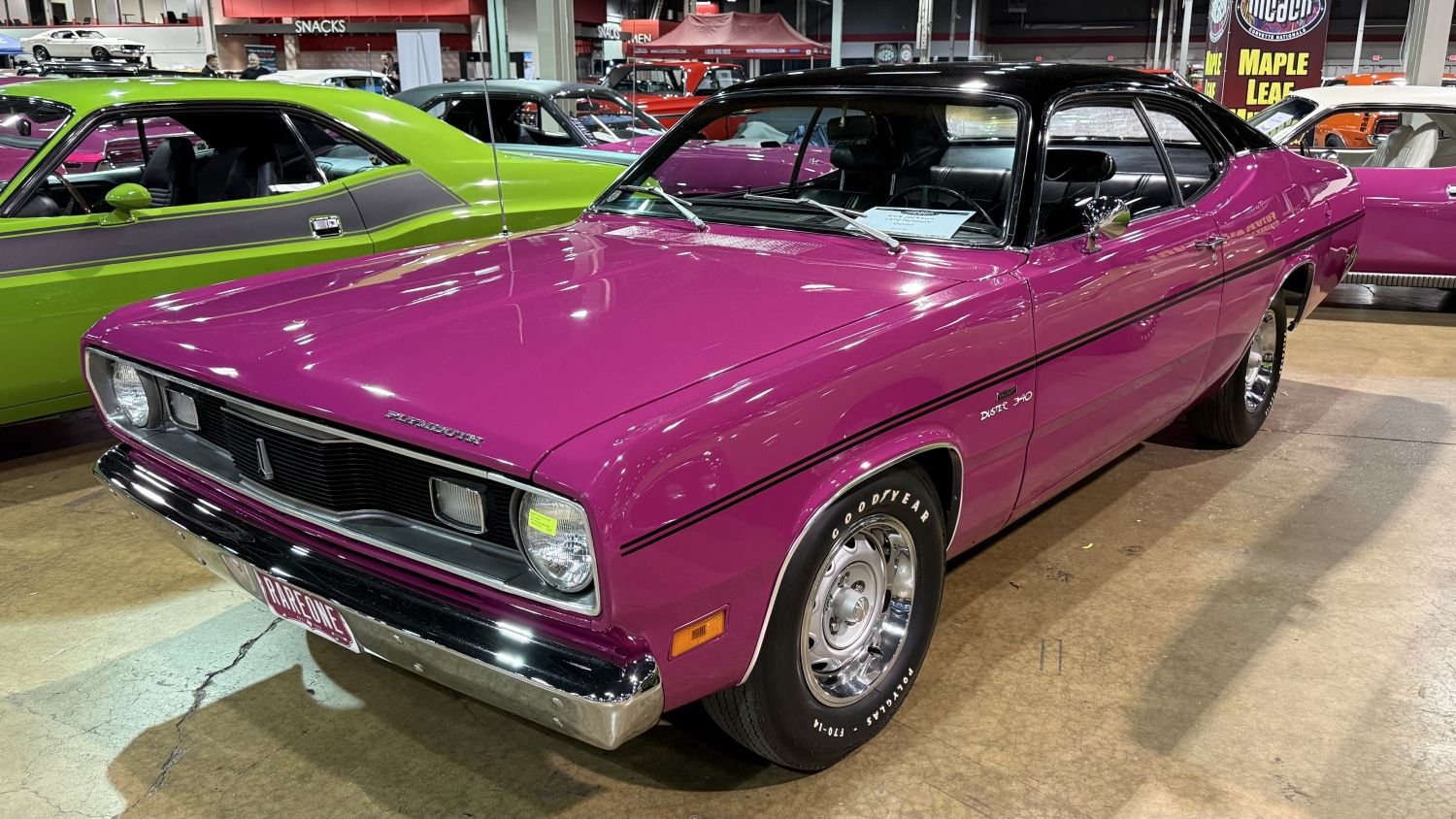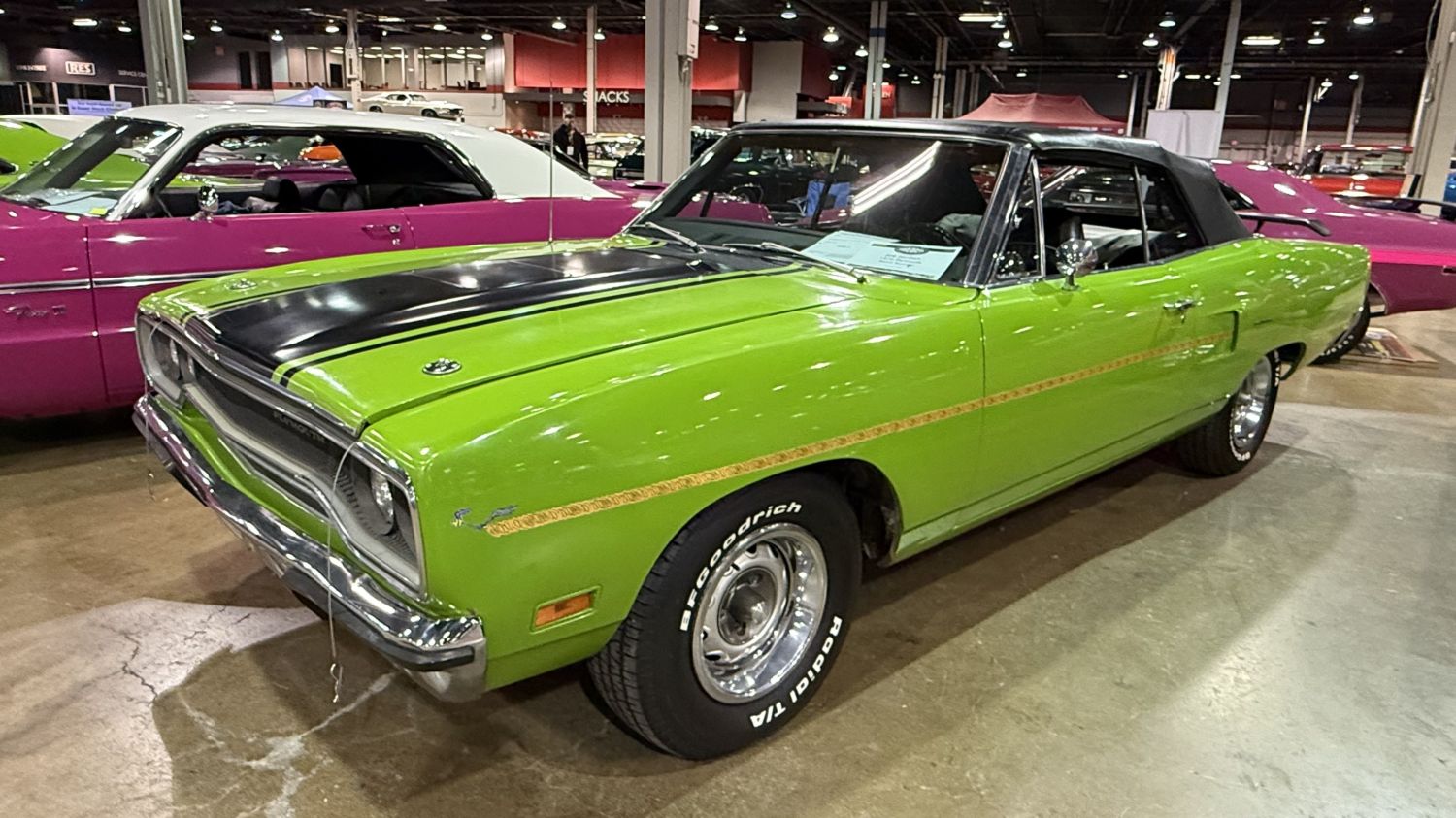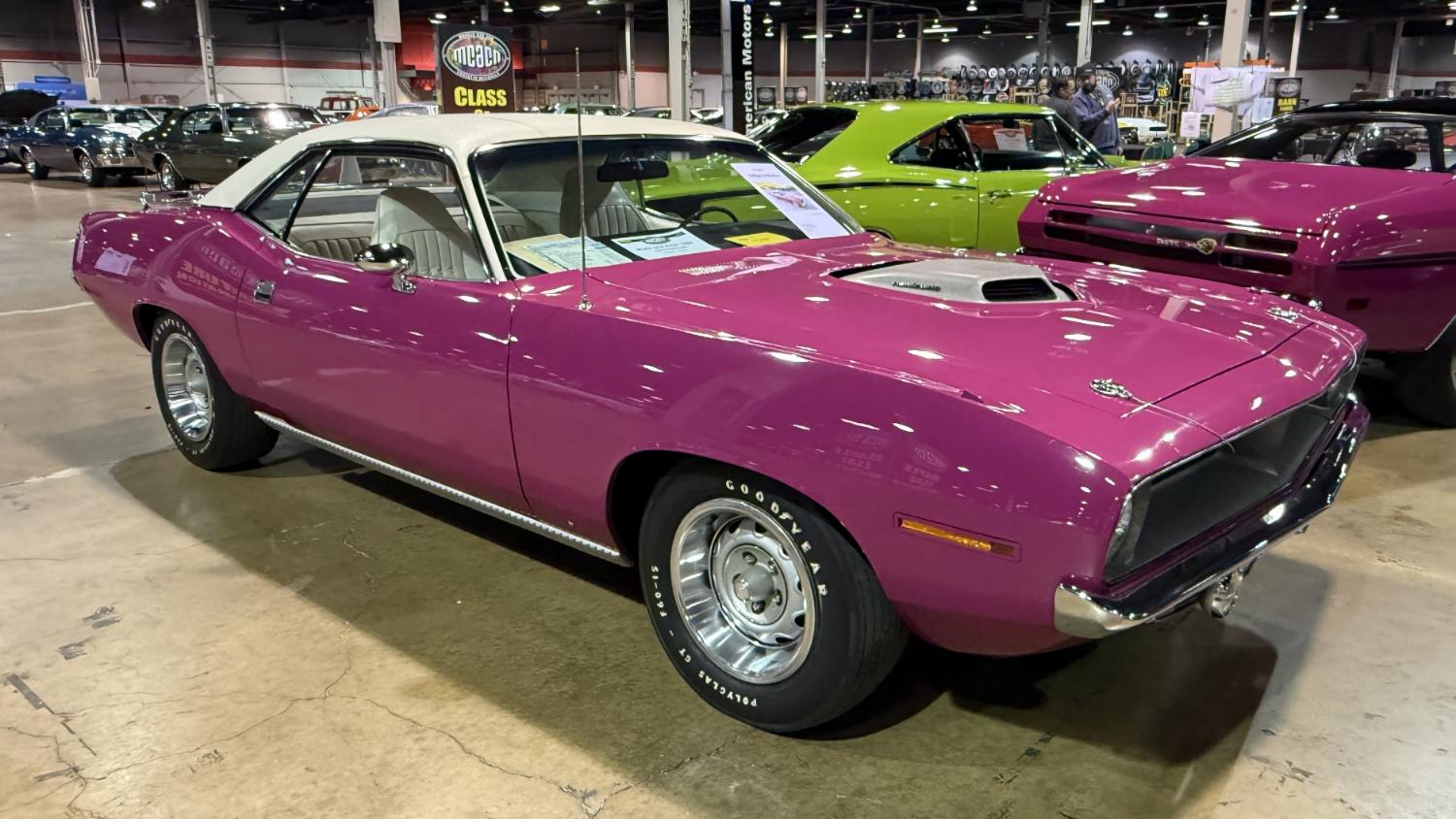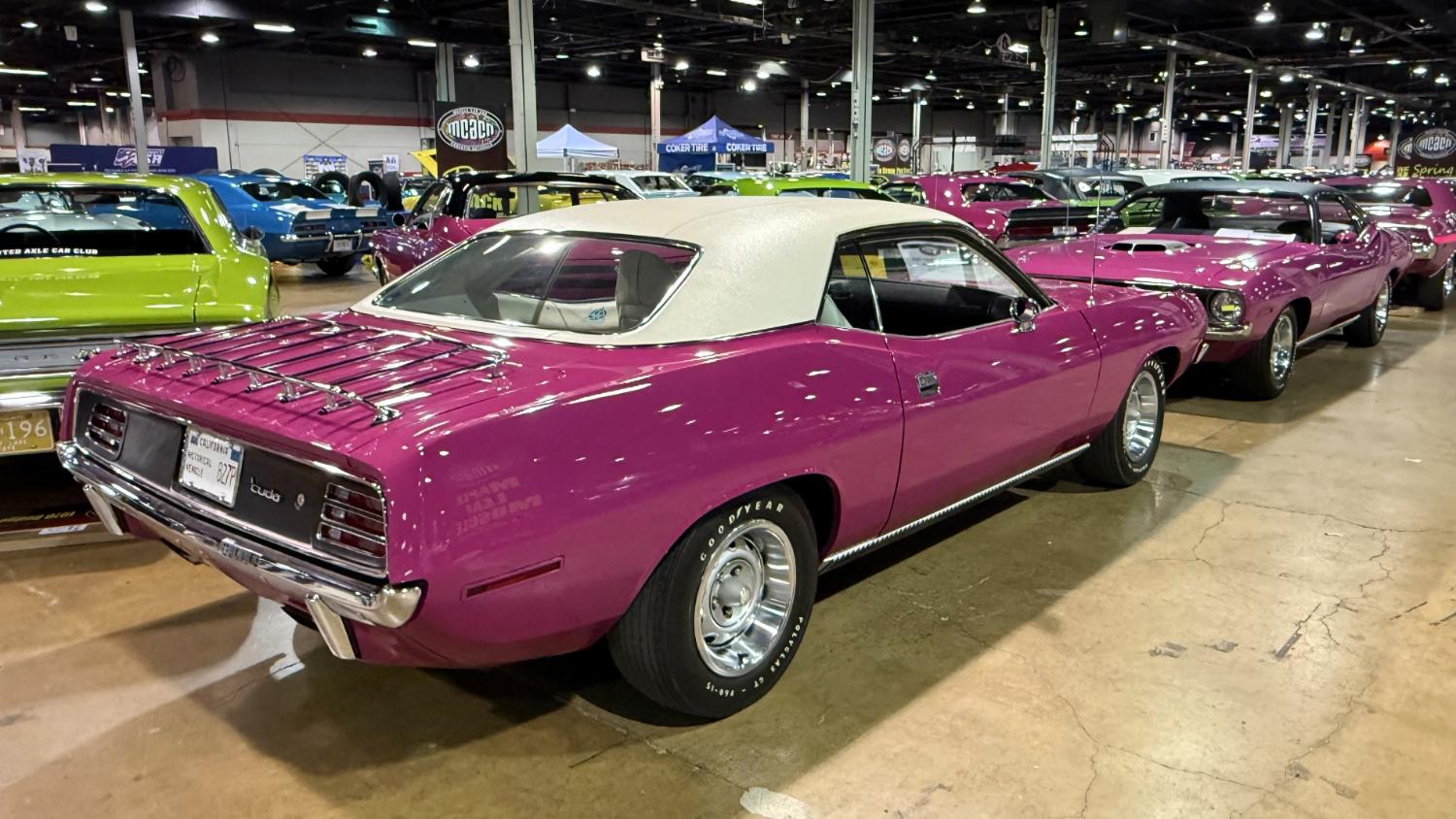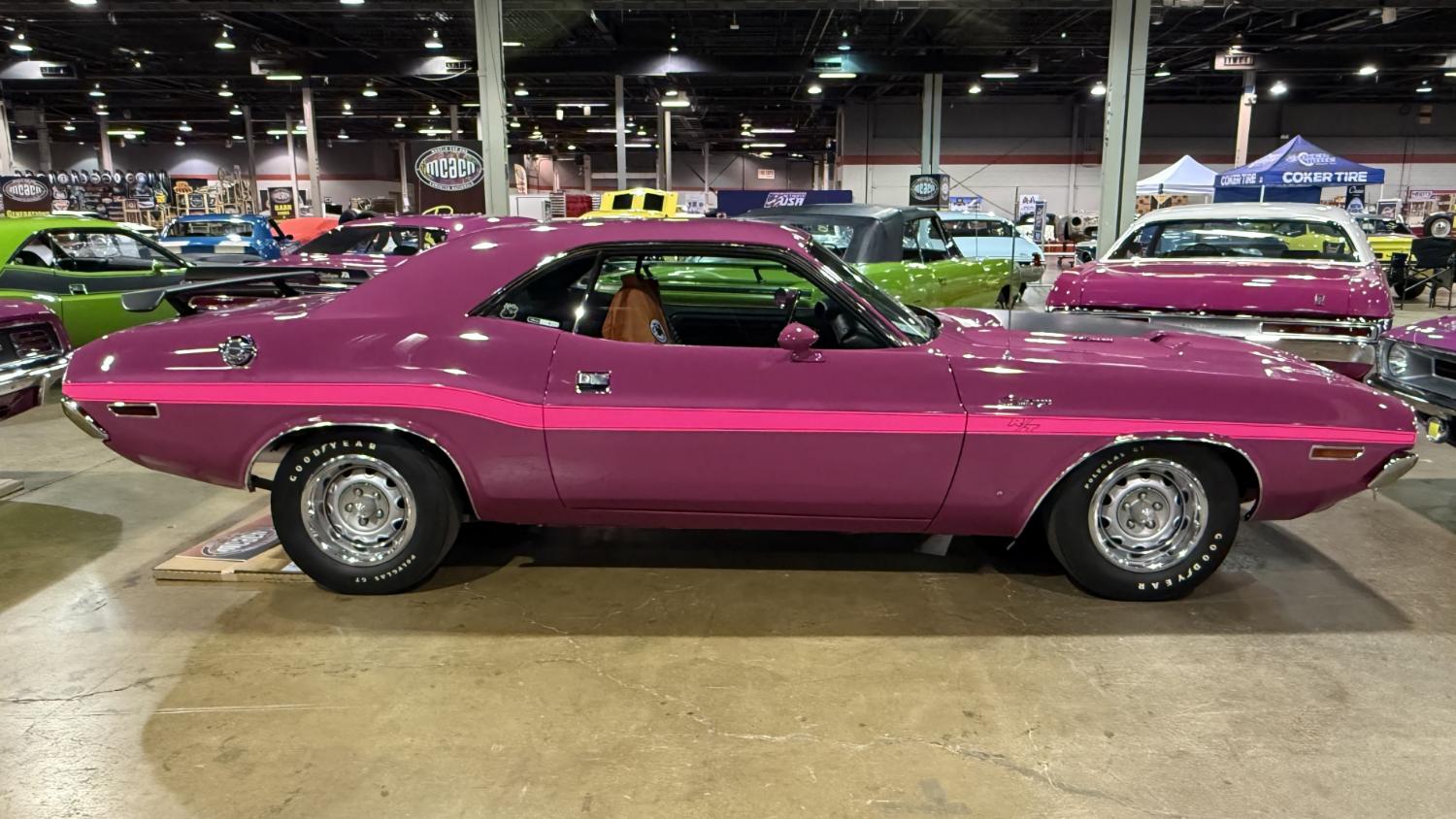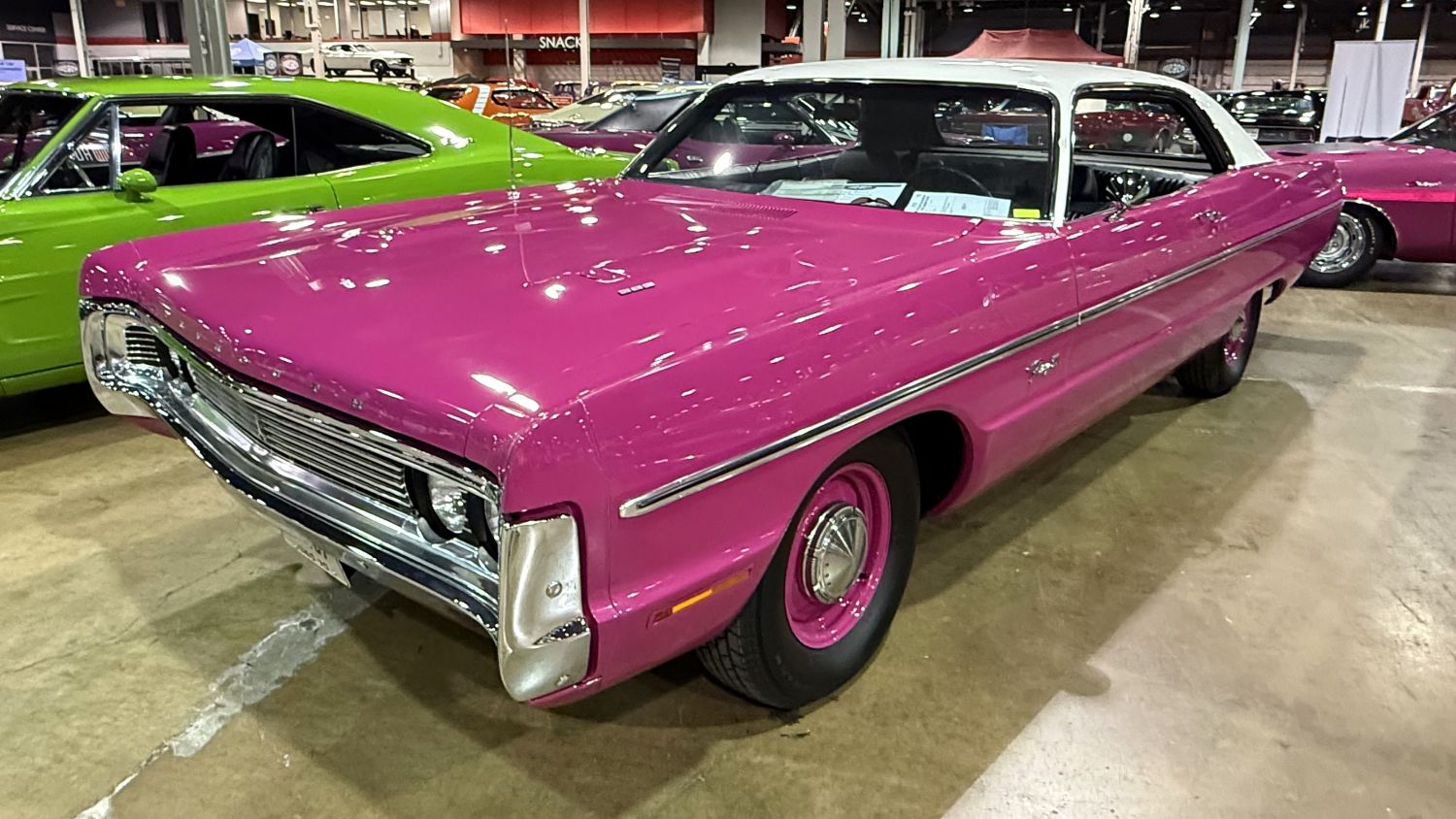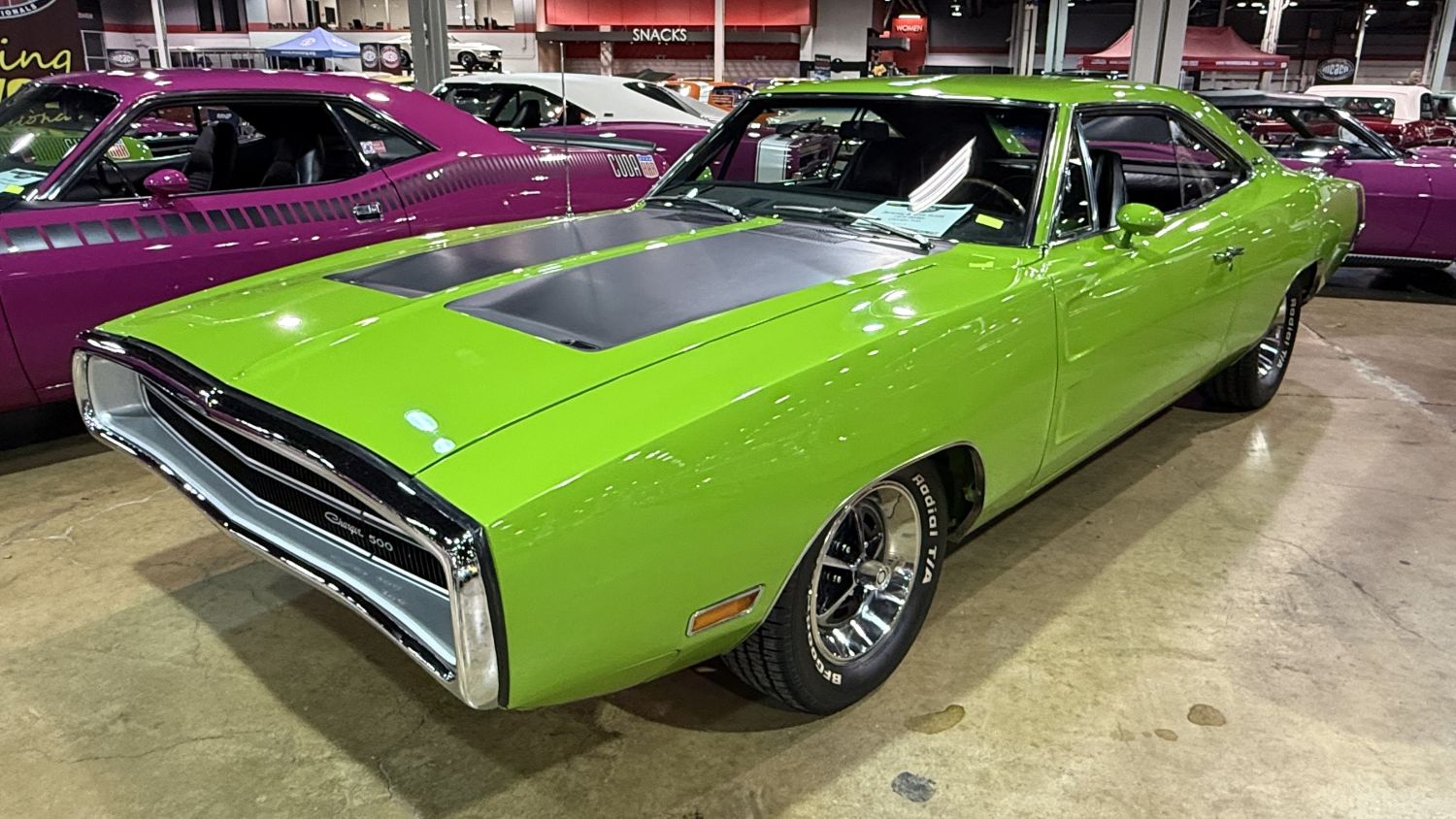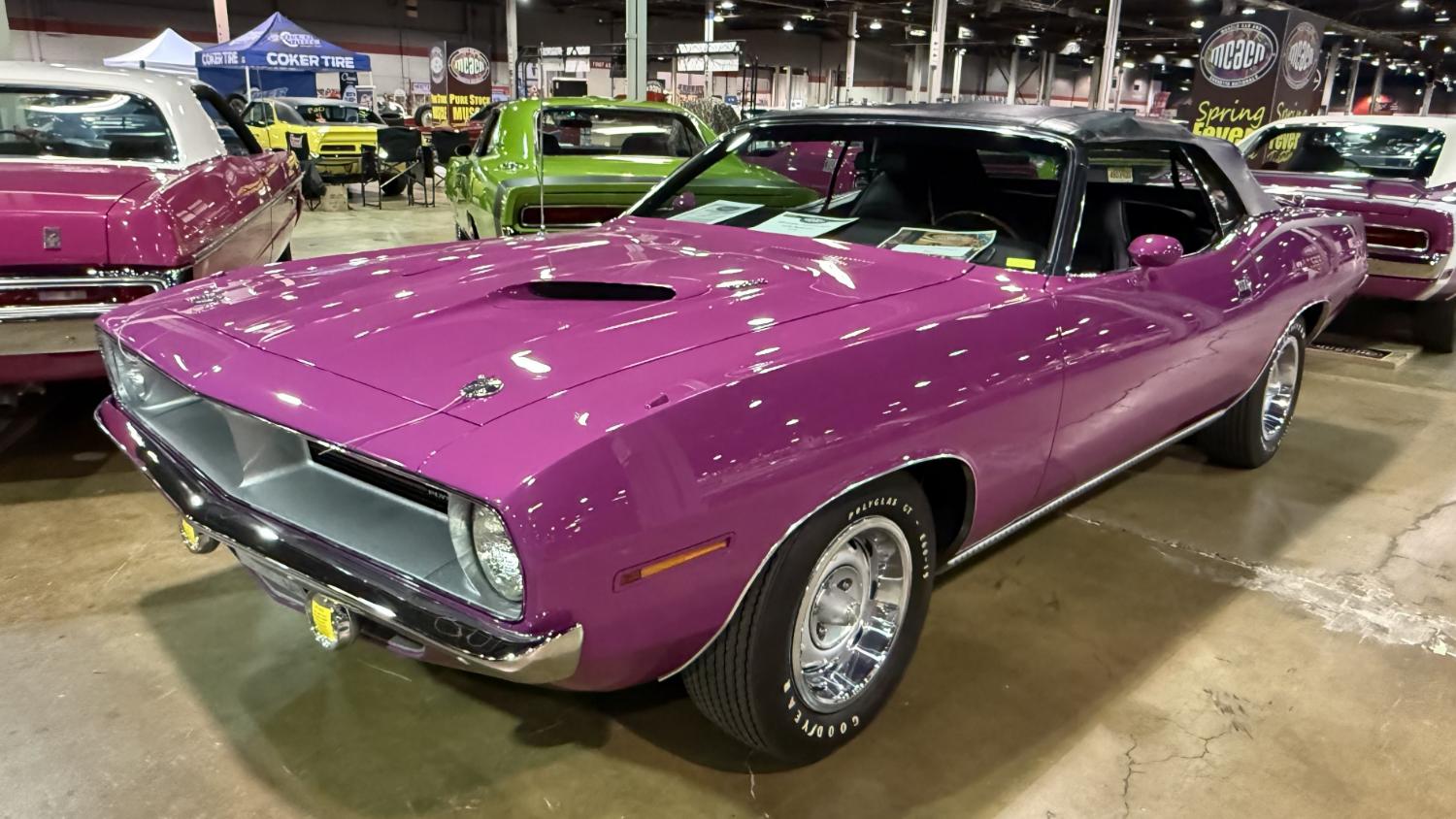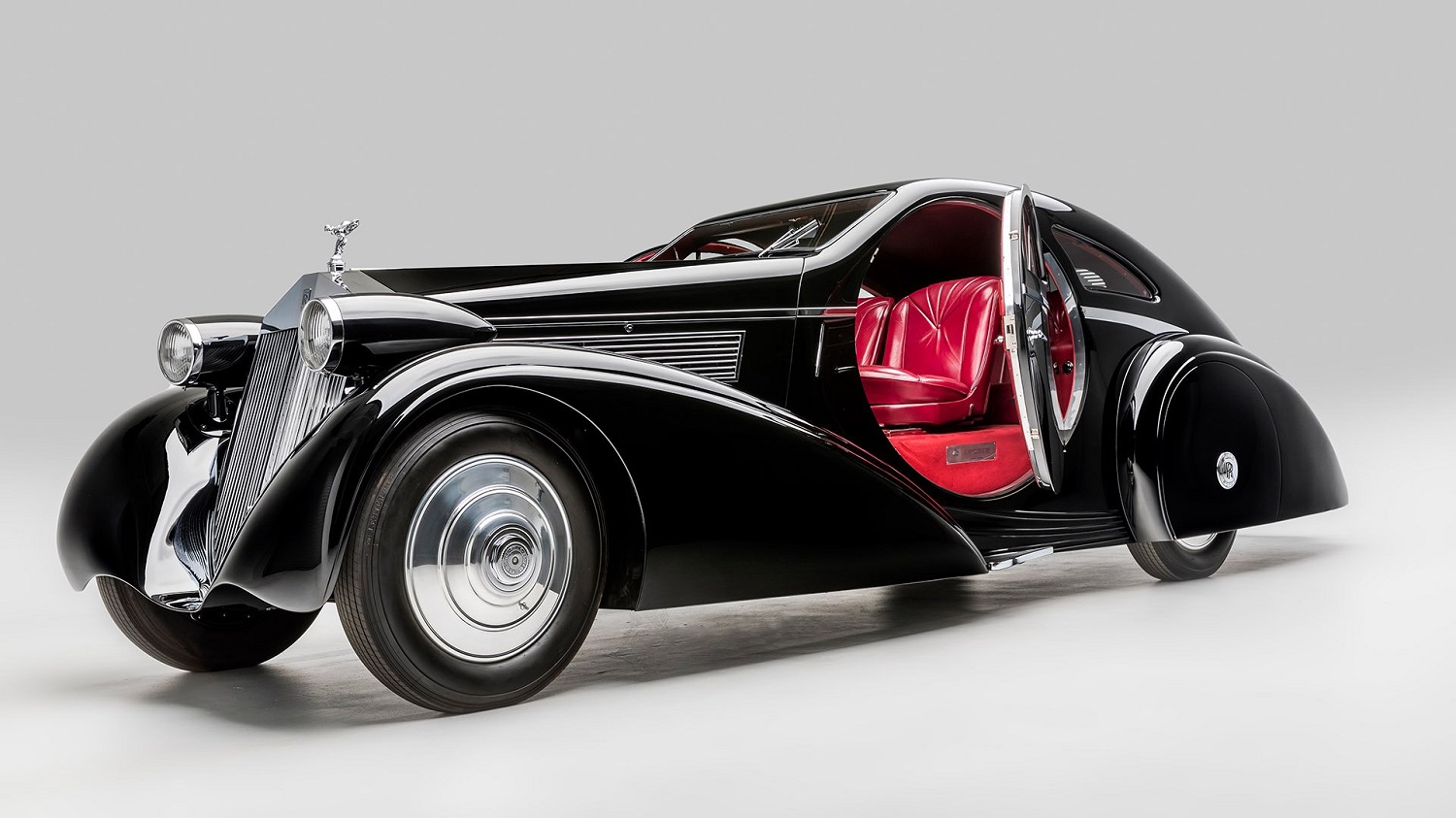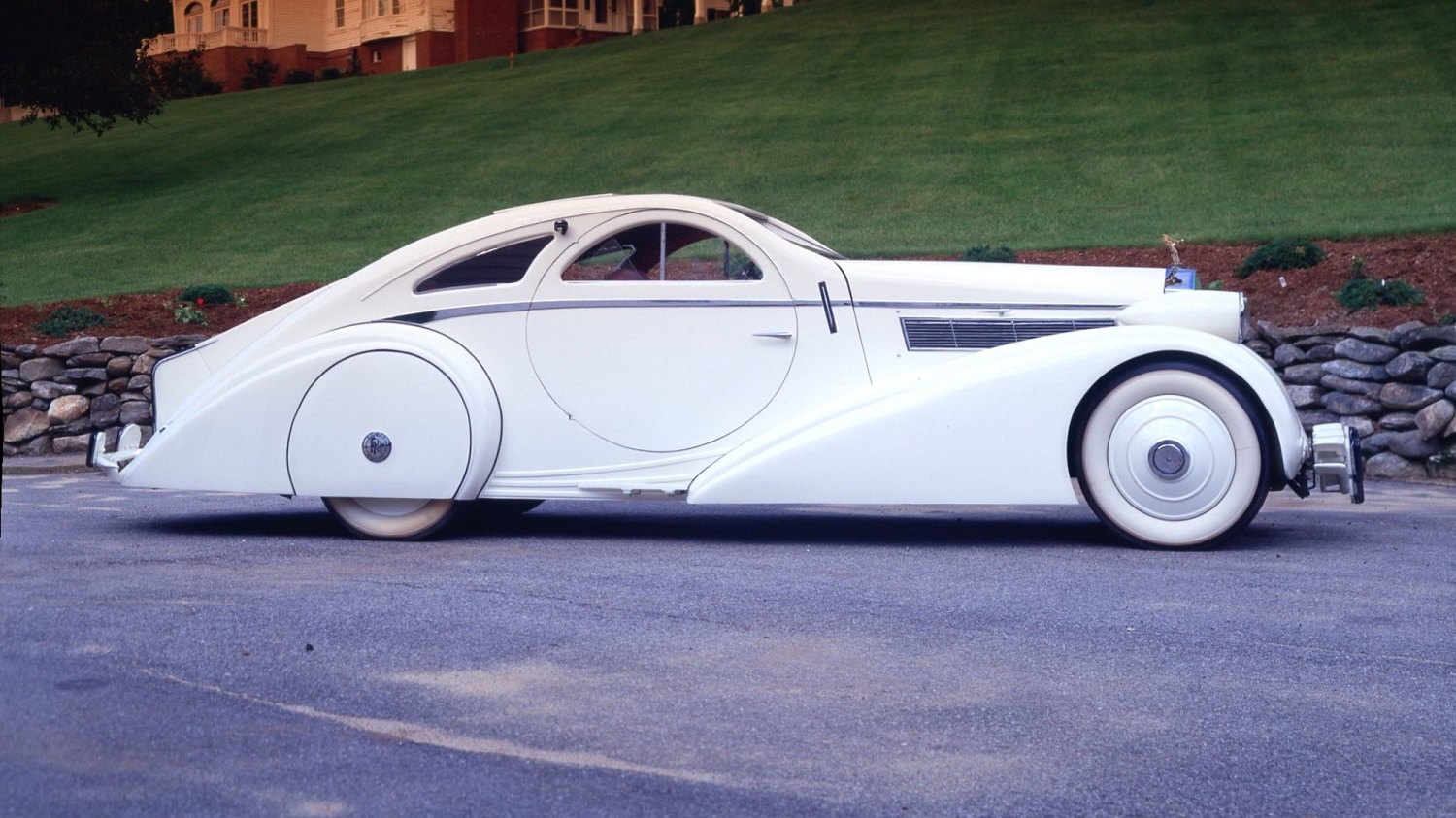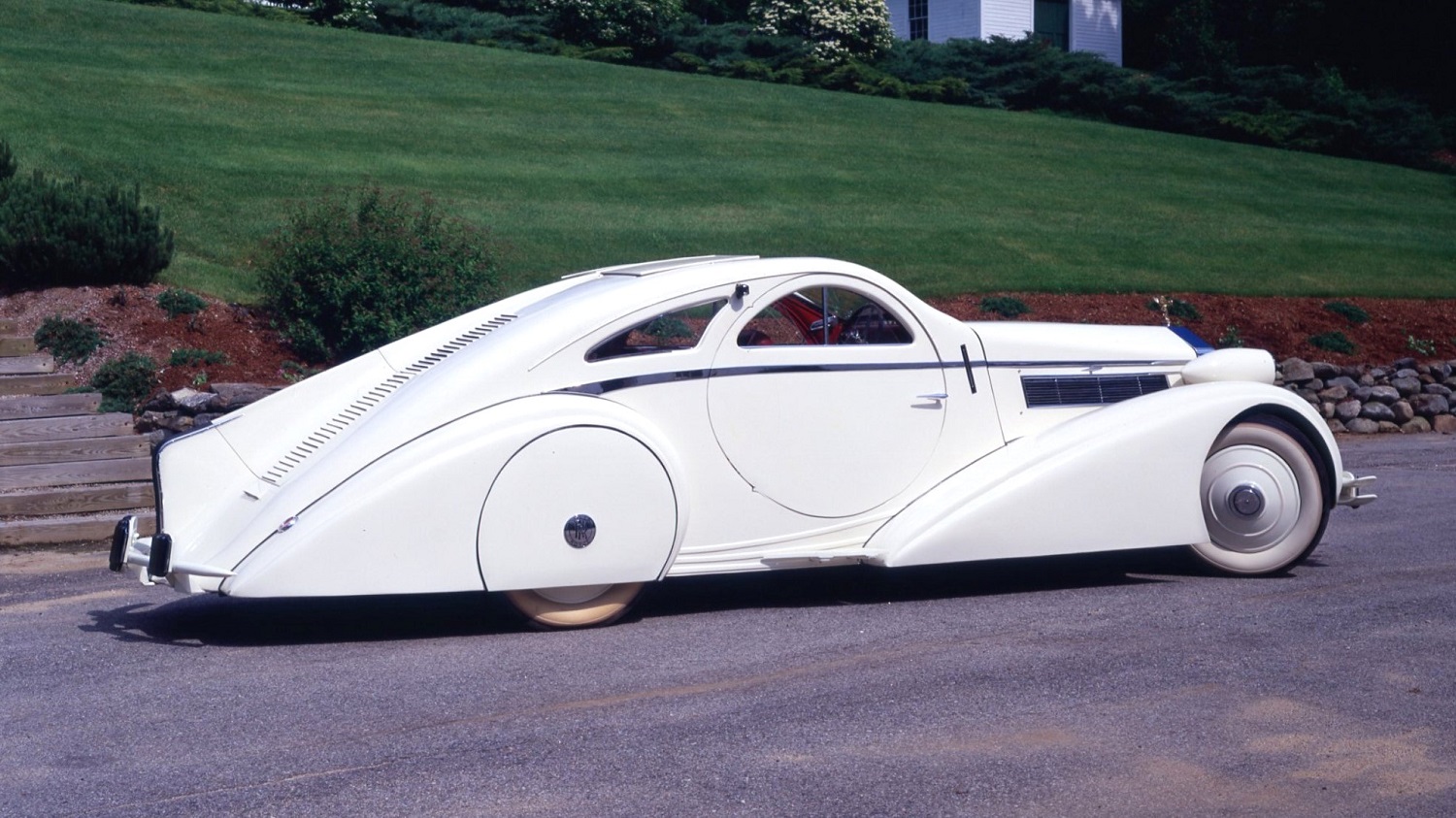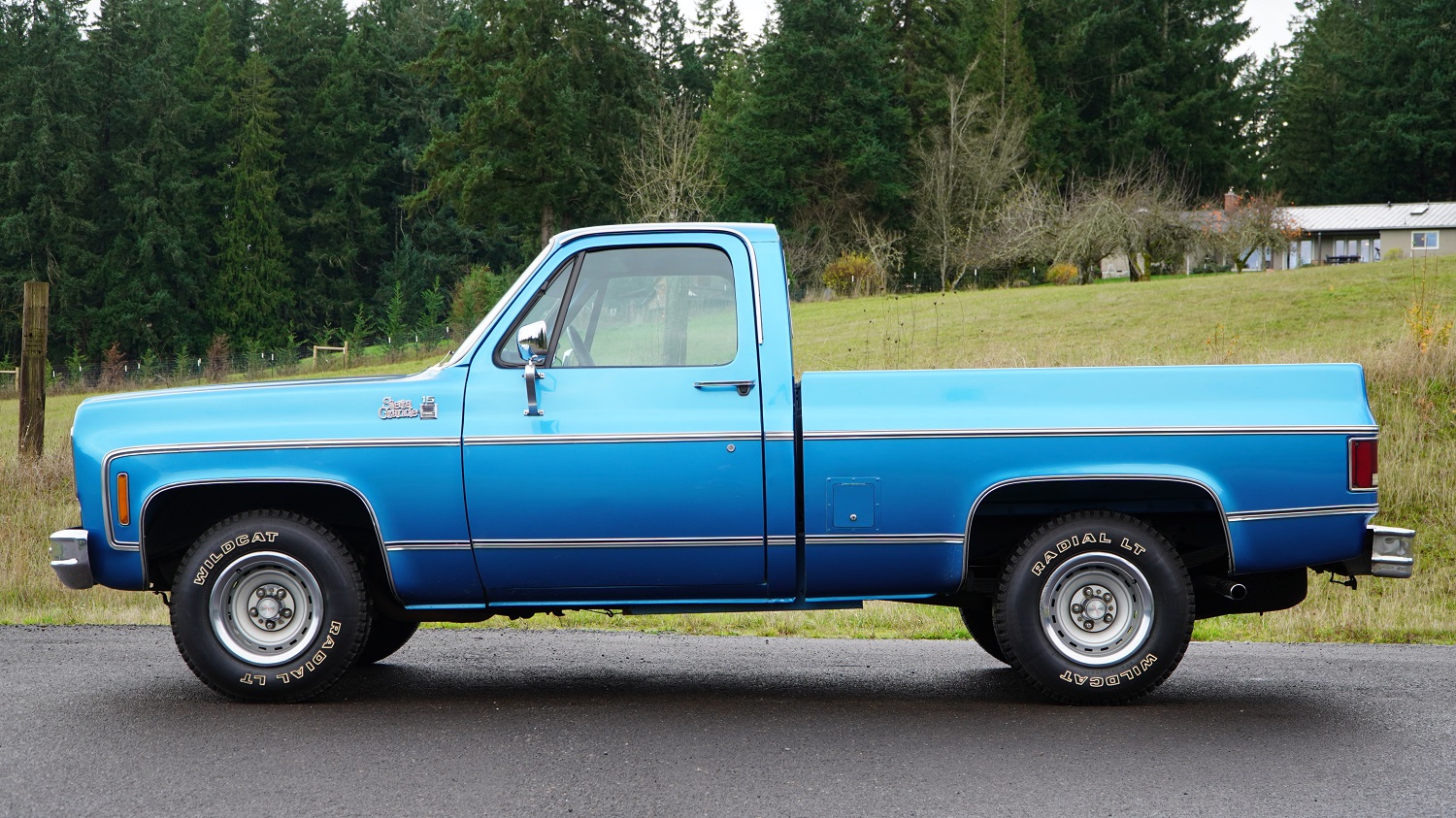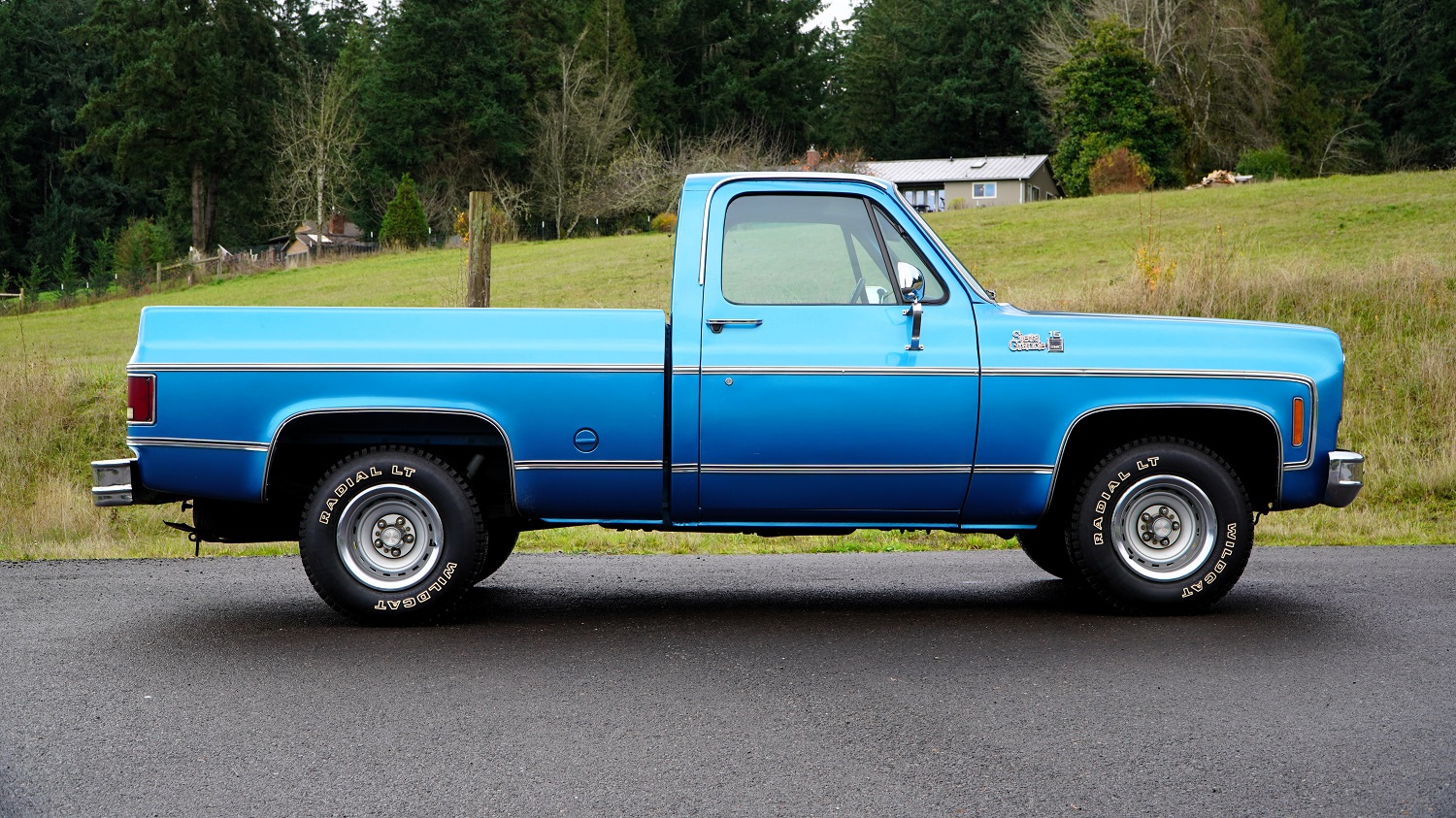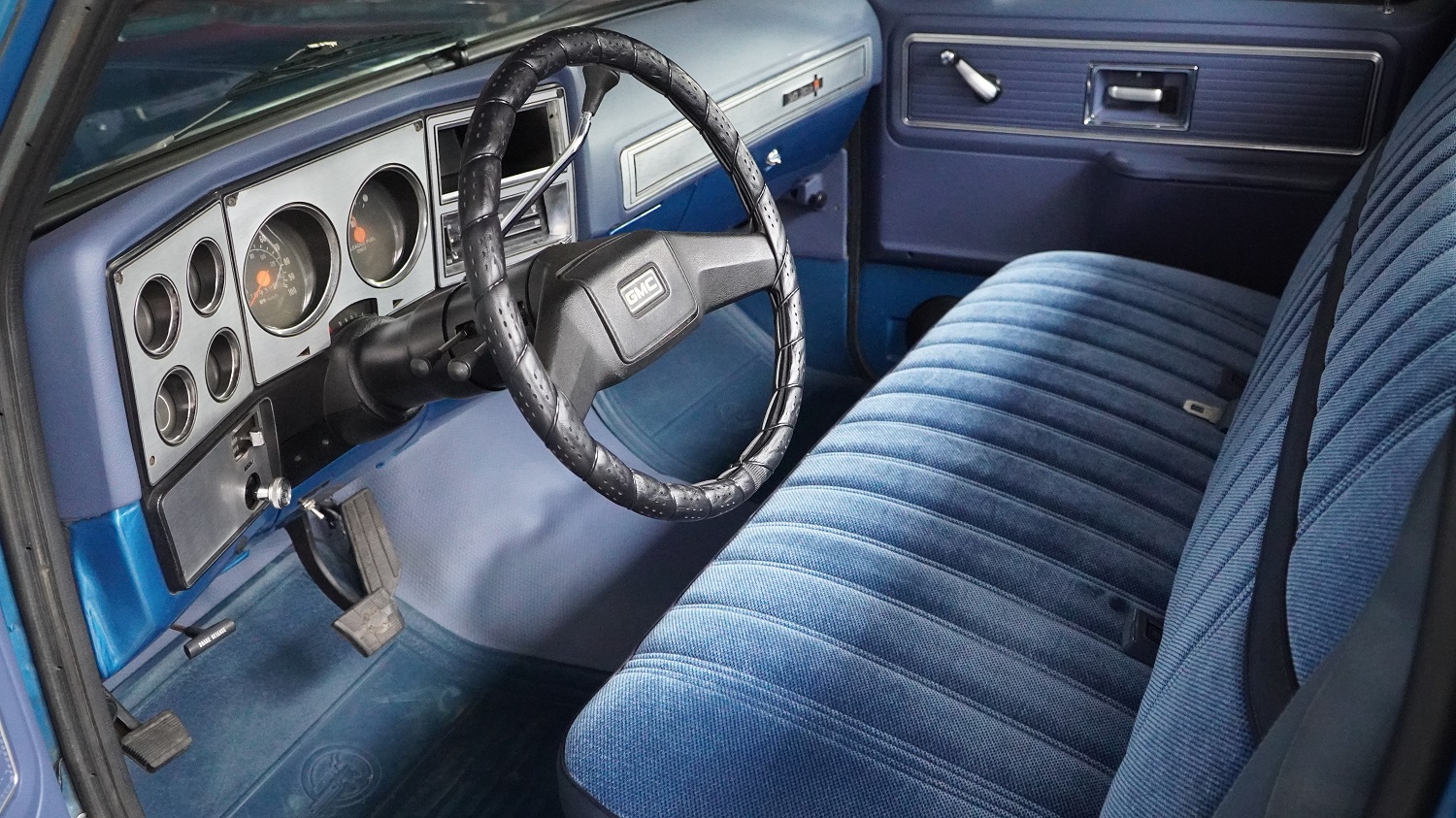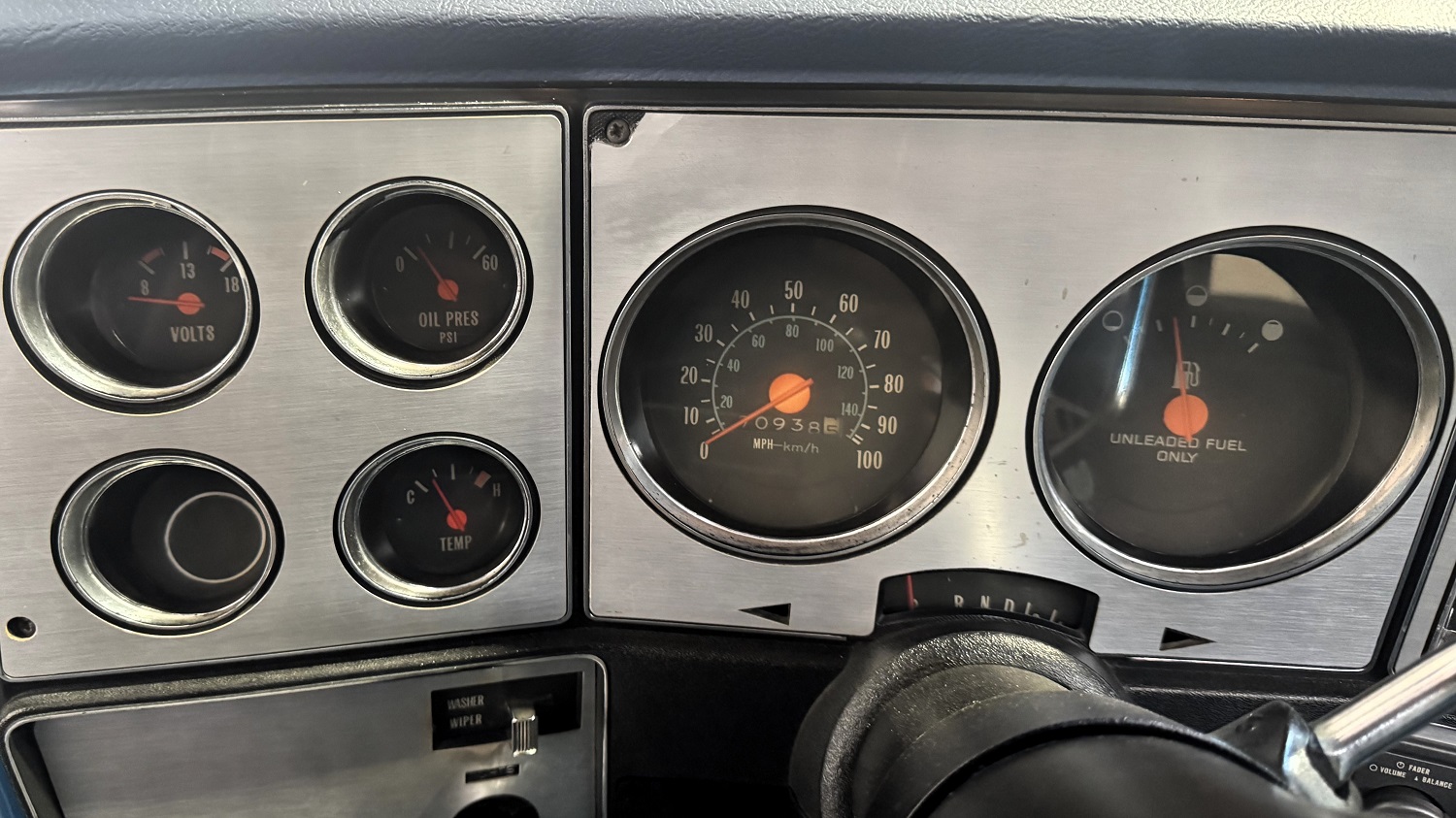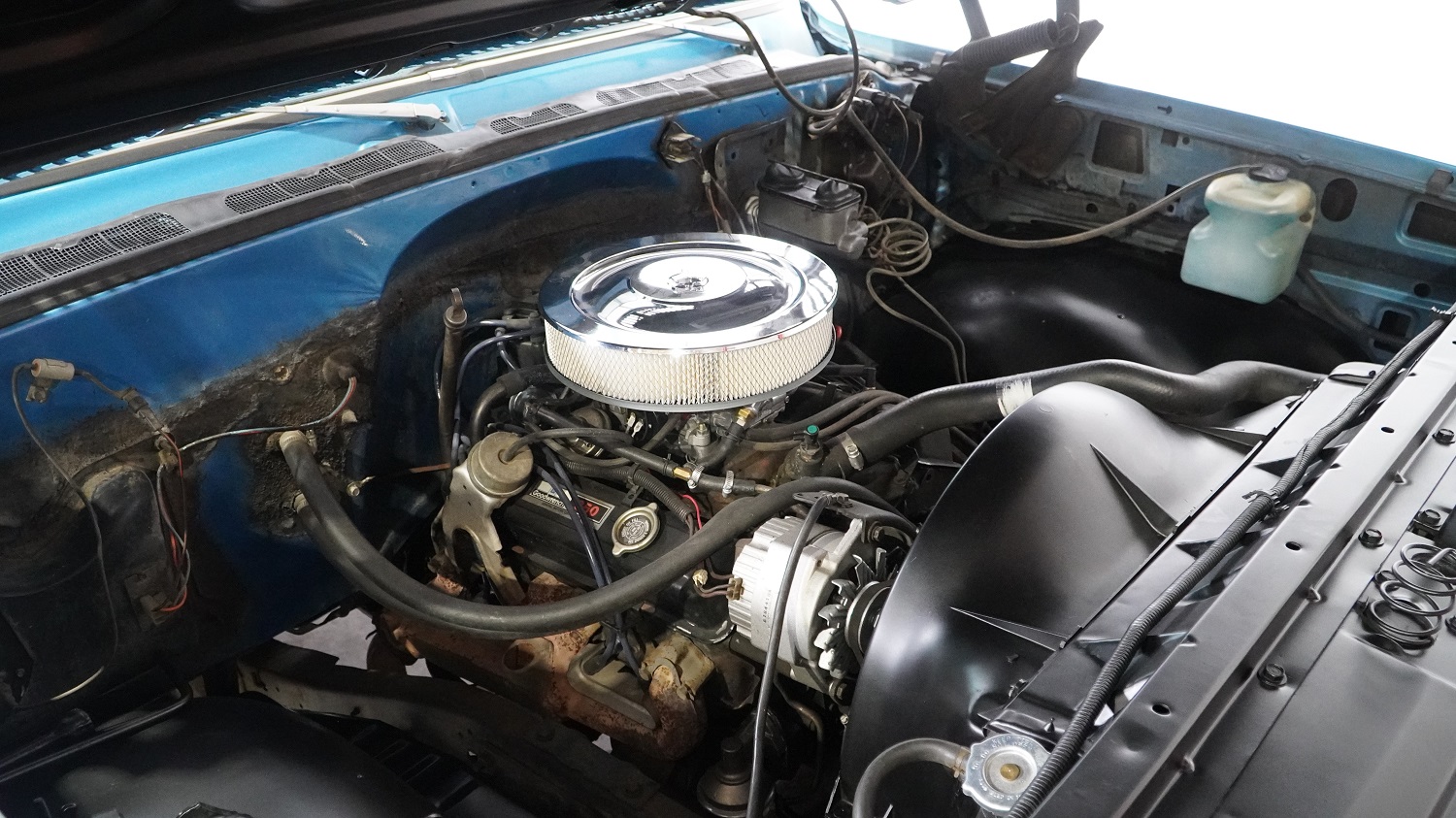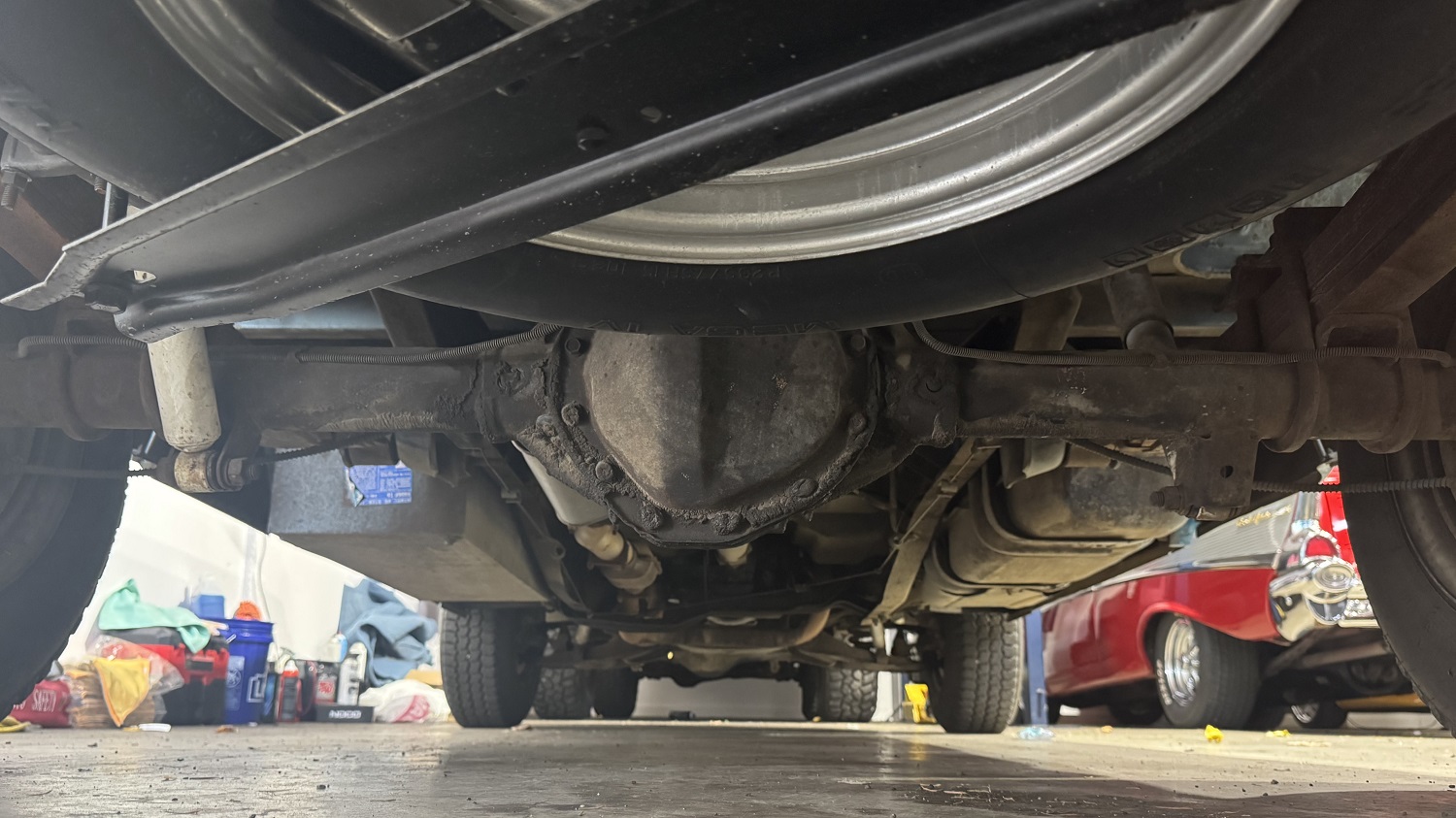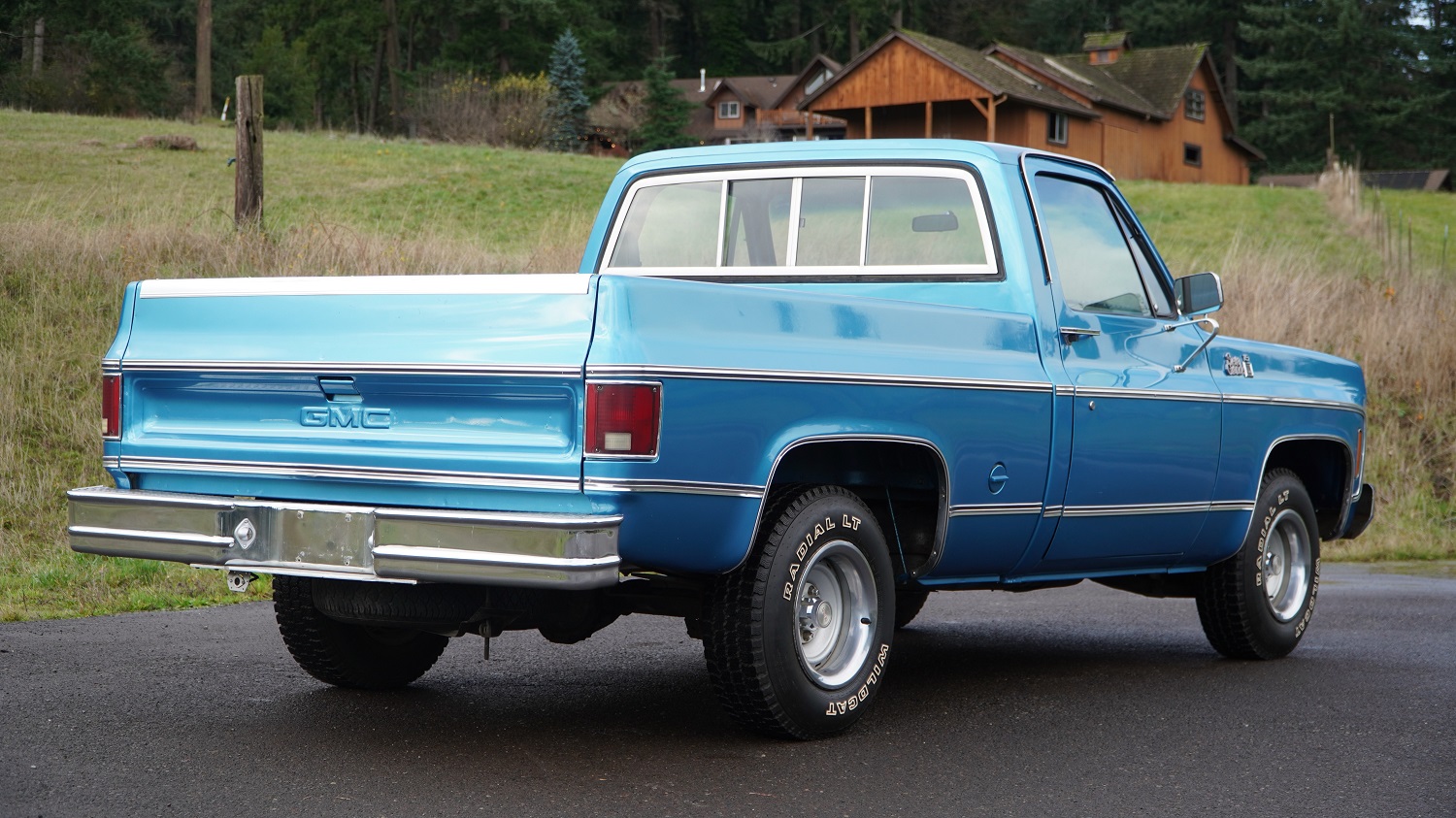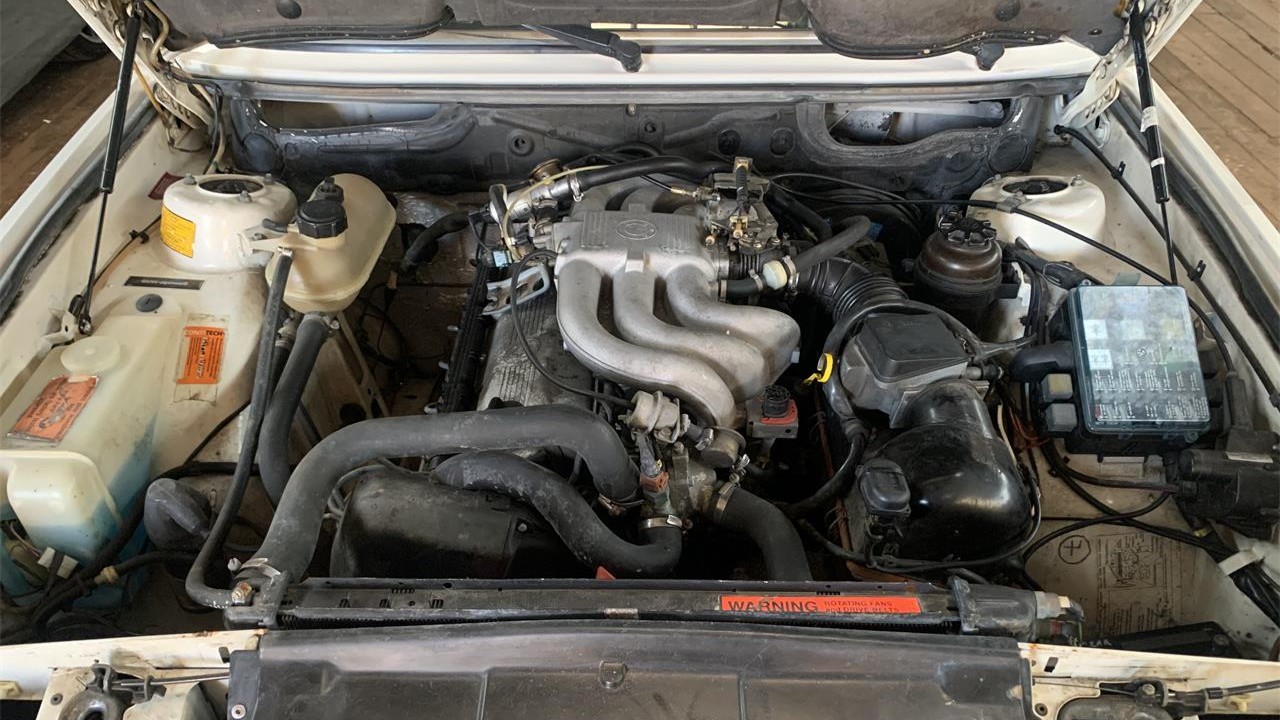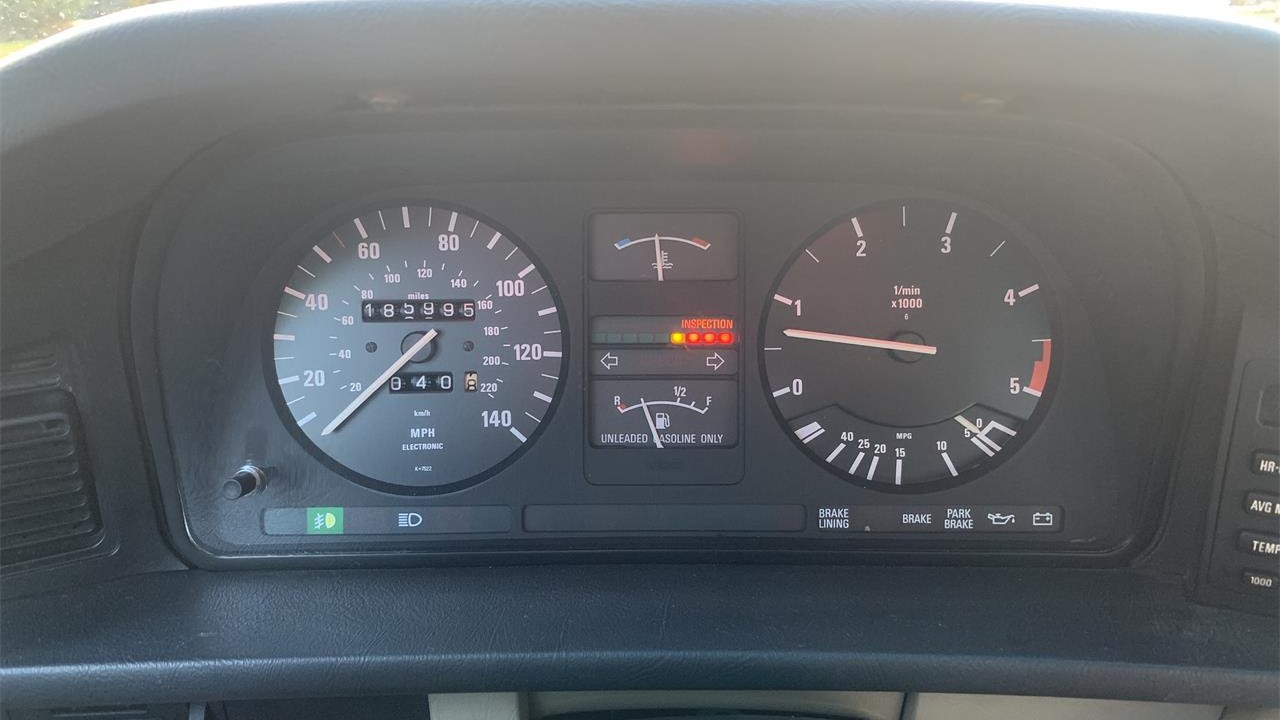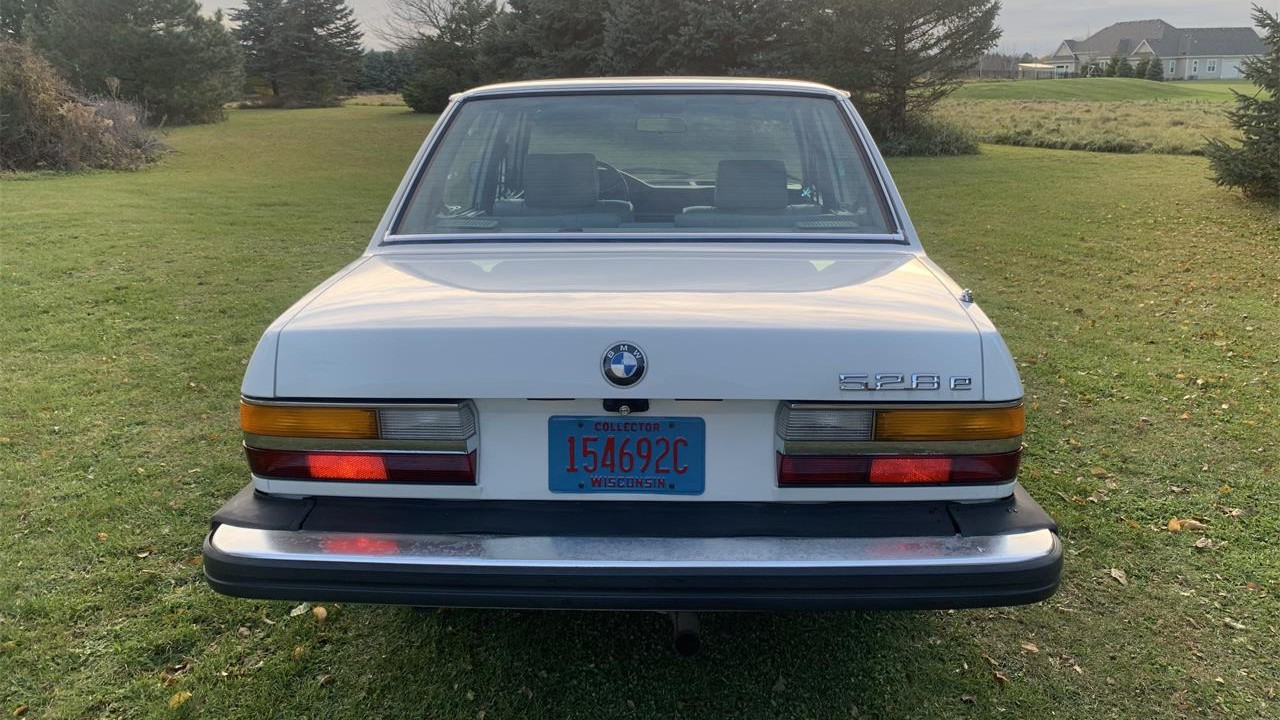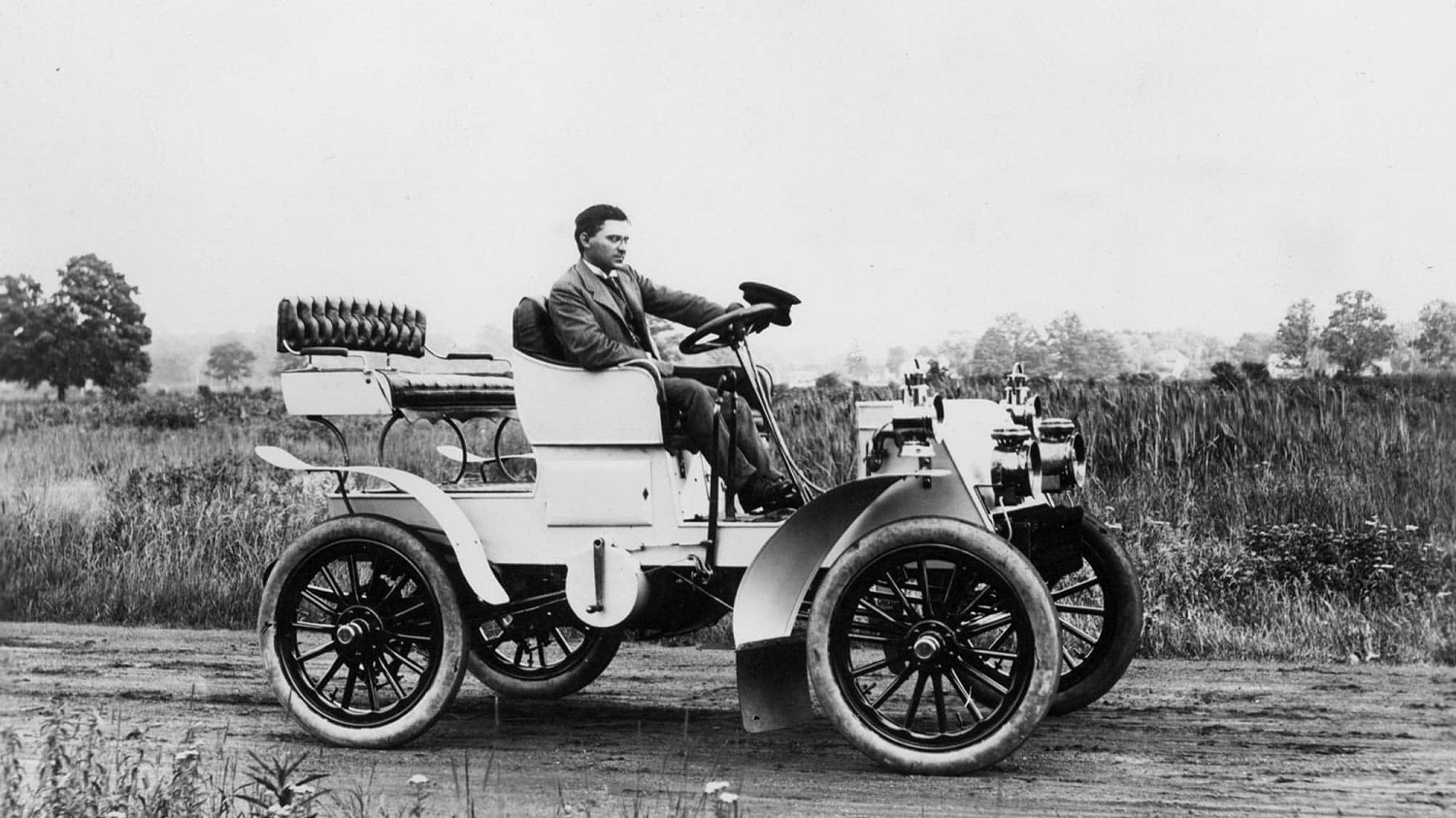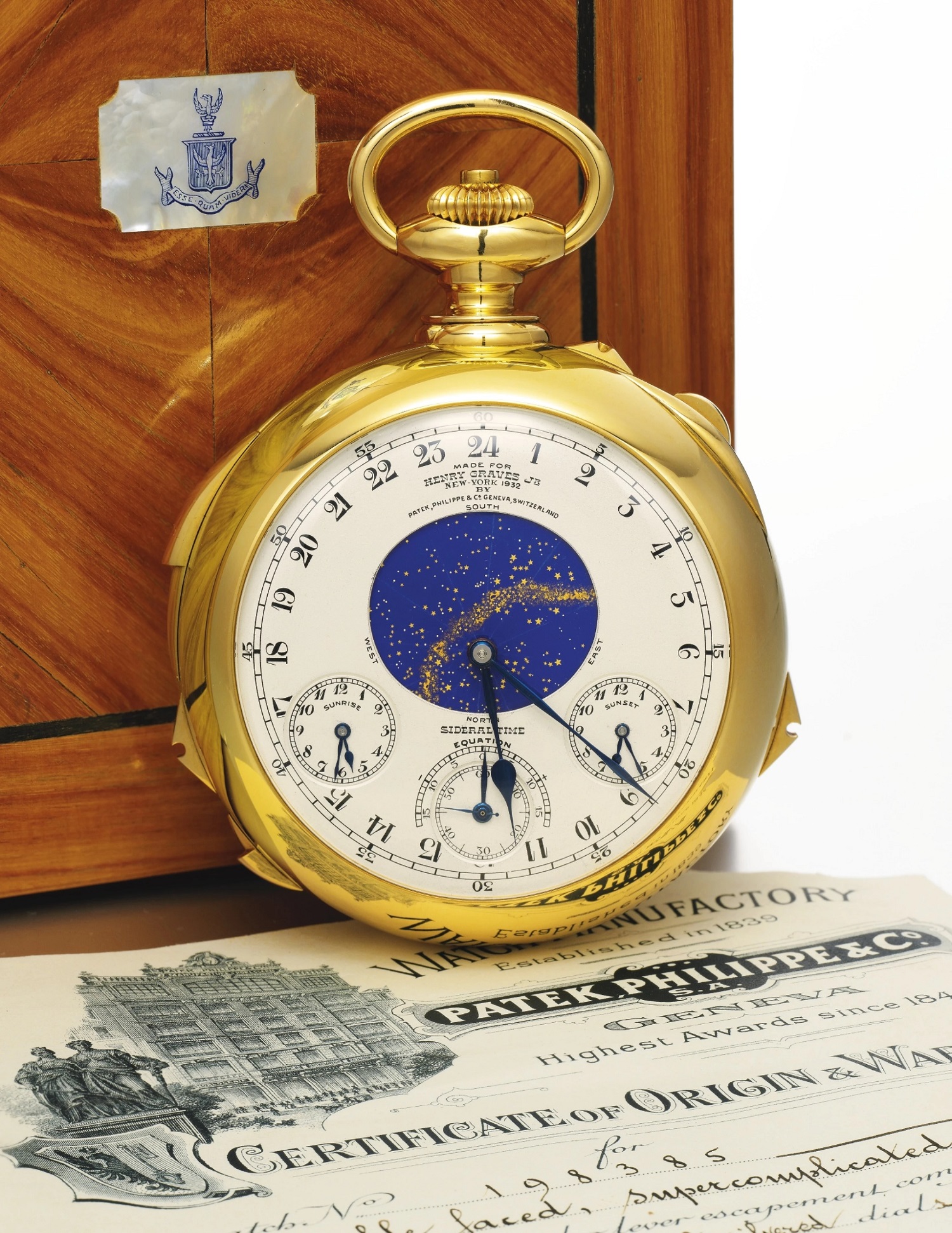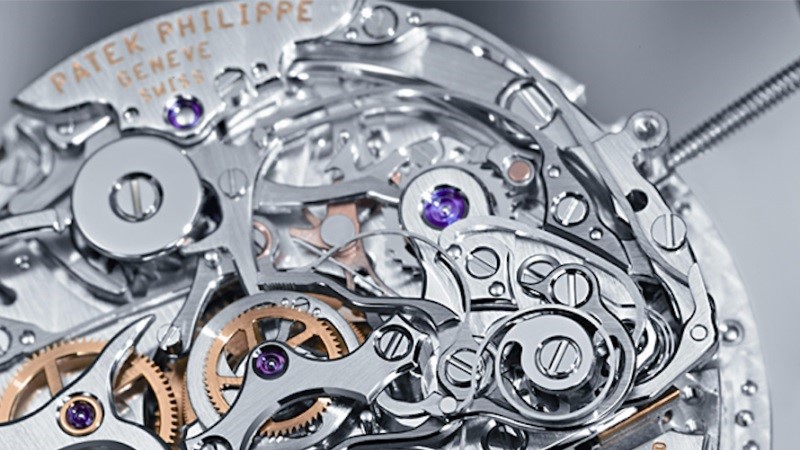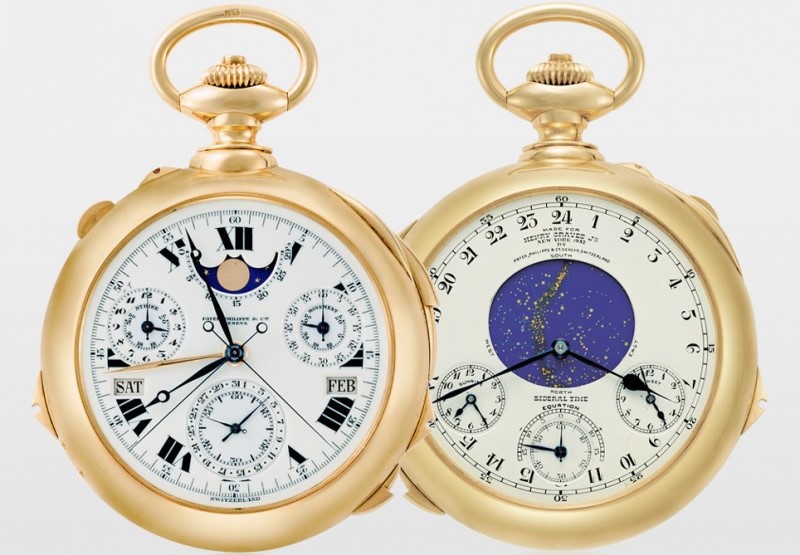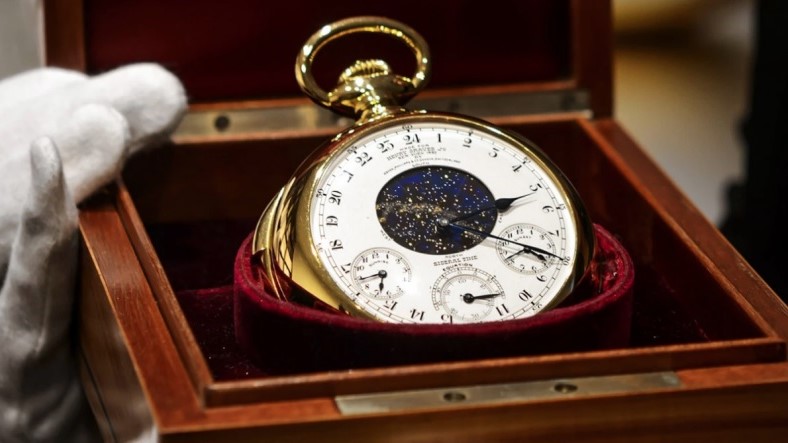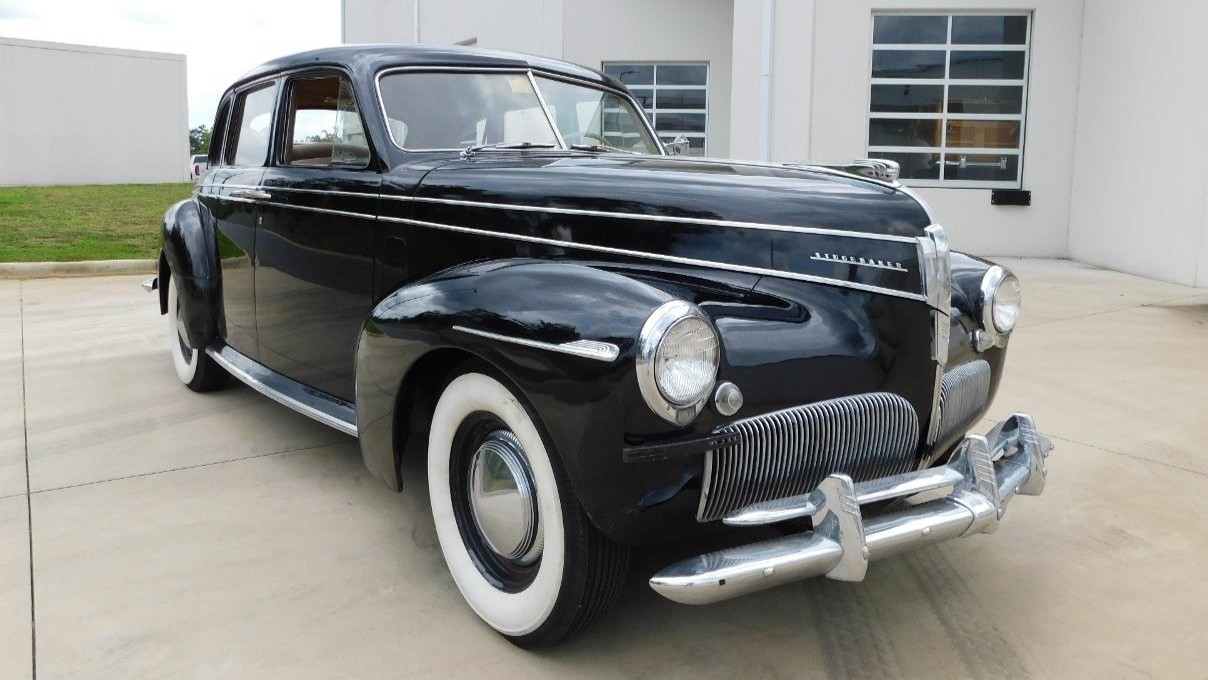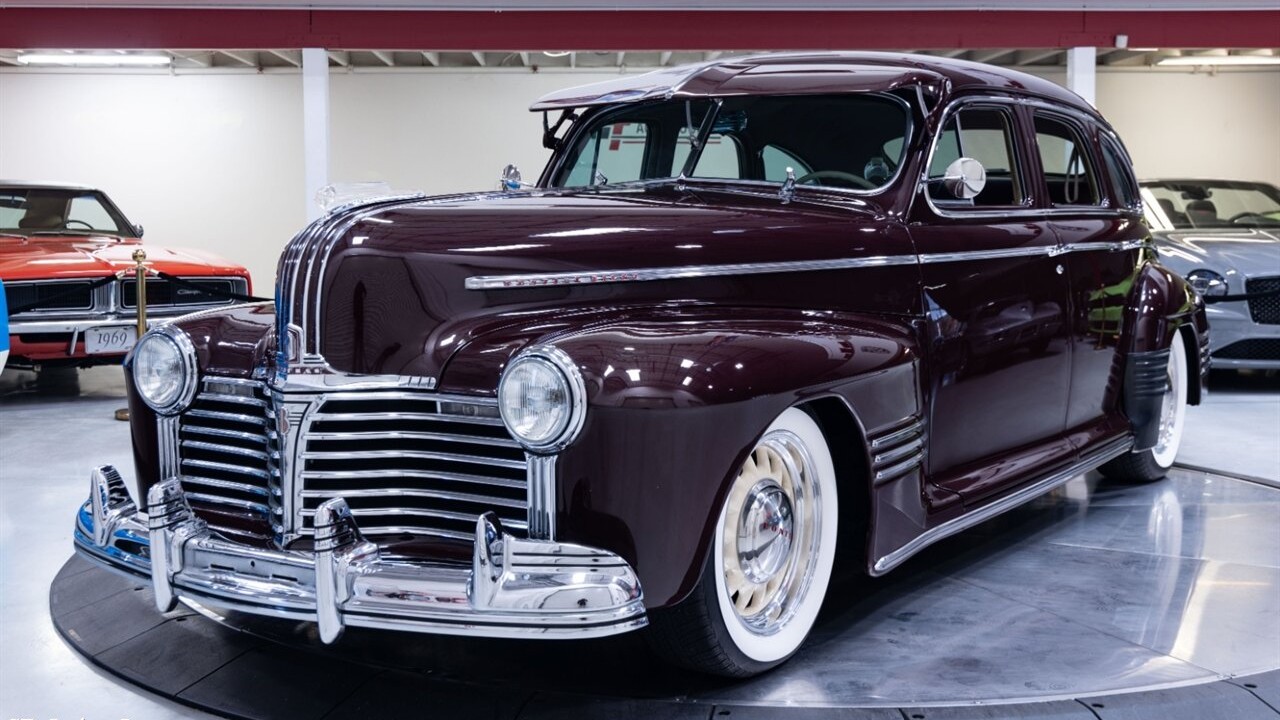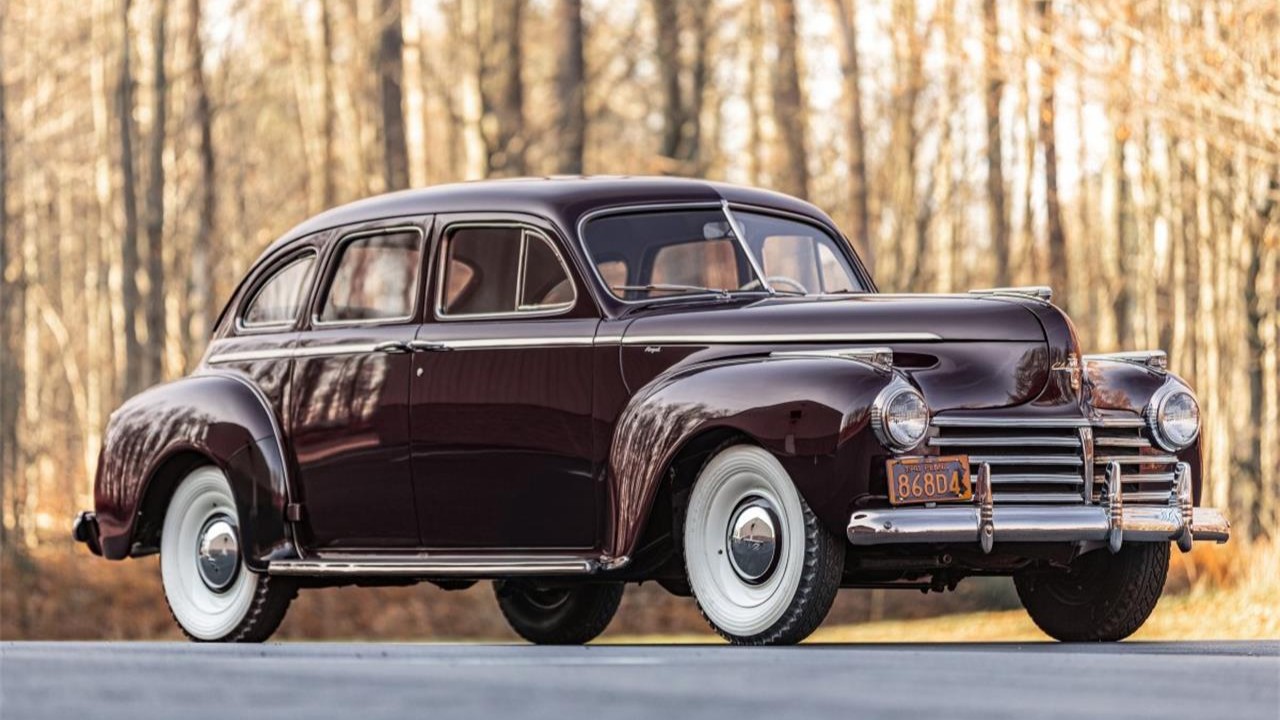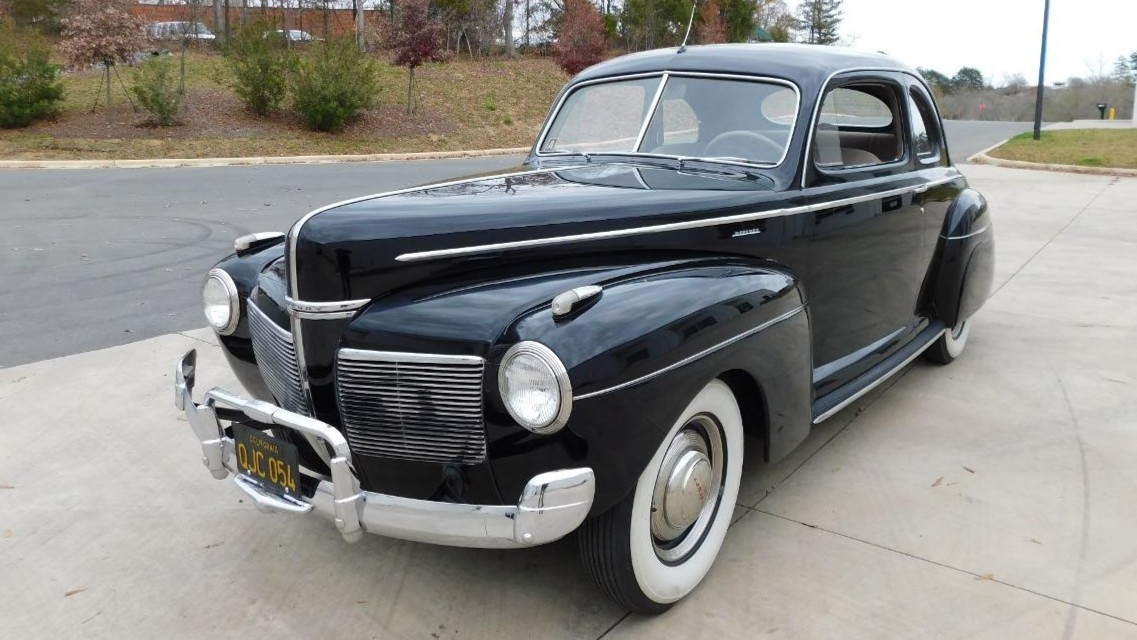Shortly before Thanksgiving, I wrote a piece about how a Marrone Colorado brown Ferrari 365 GTC4 showed that Prancing Horses look great in colors other than Rosso Corsa red. Our Pick of the Day is more proof of that concept. You can find this Blu Chiaro 1977 Ferrari 512 BB listed on ClassicCars.com by a dealer in Houston.
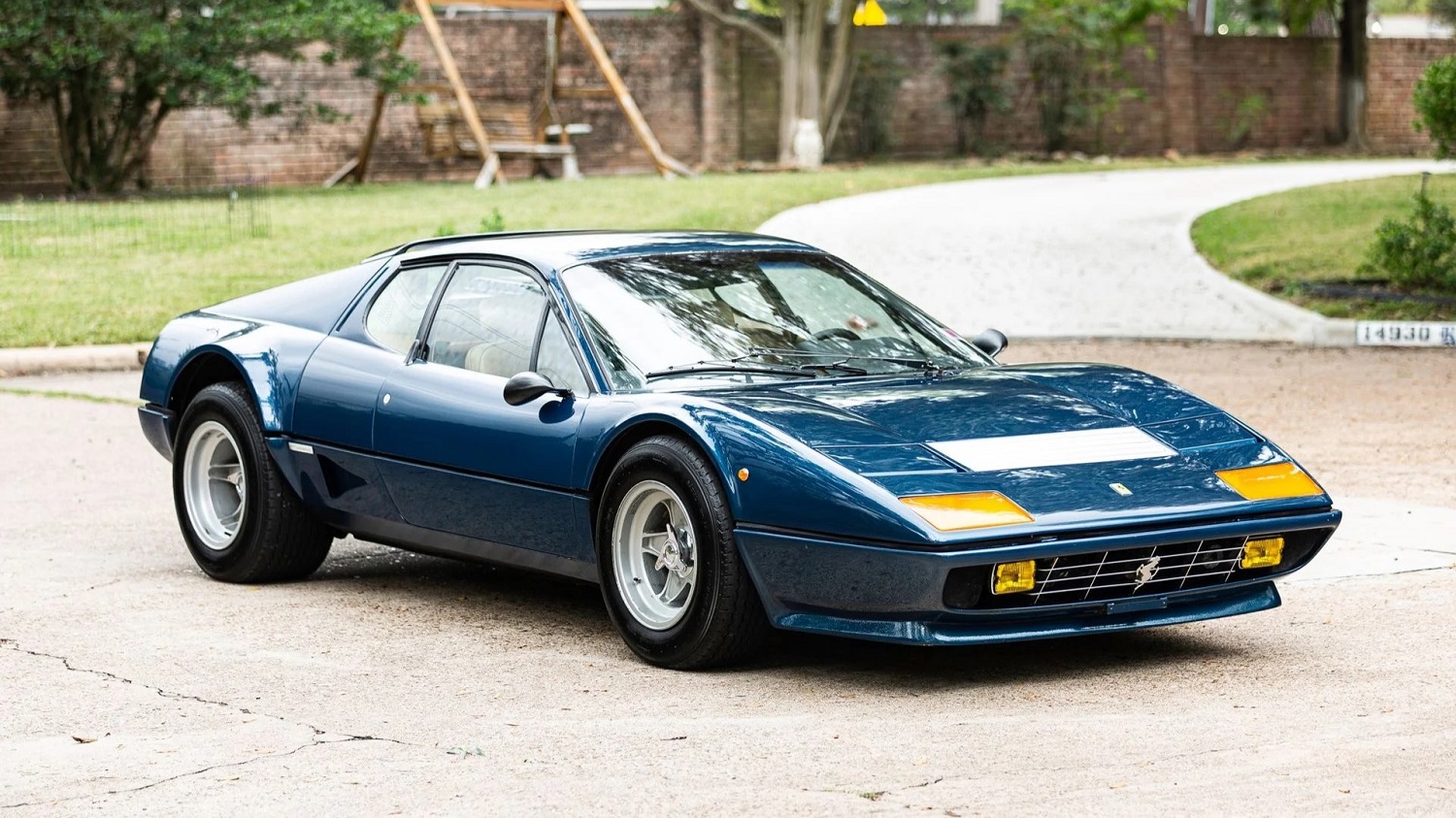
At the 1976 Paris Salon, Ferrari debuted the 512 BB as a successor to the 365 GT4 BB (as in Berlinetta Boxer). Visually, the differences between the two cars were subtle: the 512 BB featured a chin spoiler, NACA side ducts, satin black louvered tail panel, wider rear track, and four taillights and exhaust outlets instead of six.
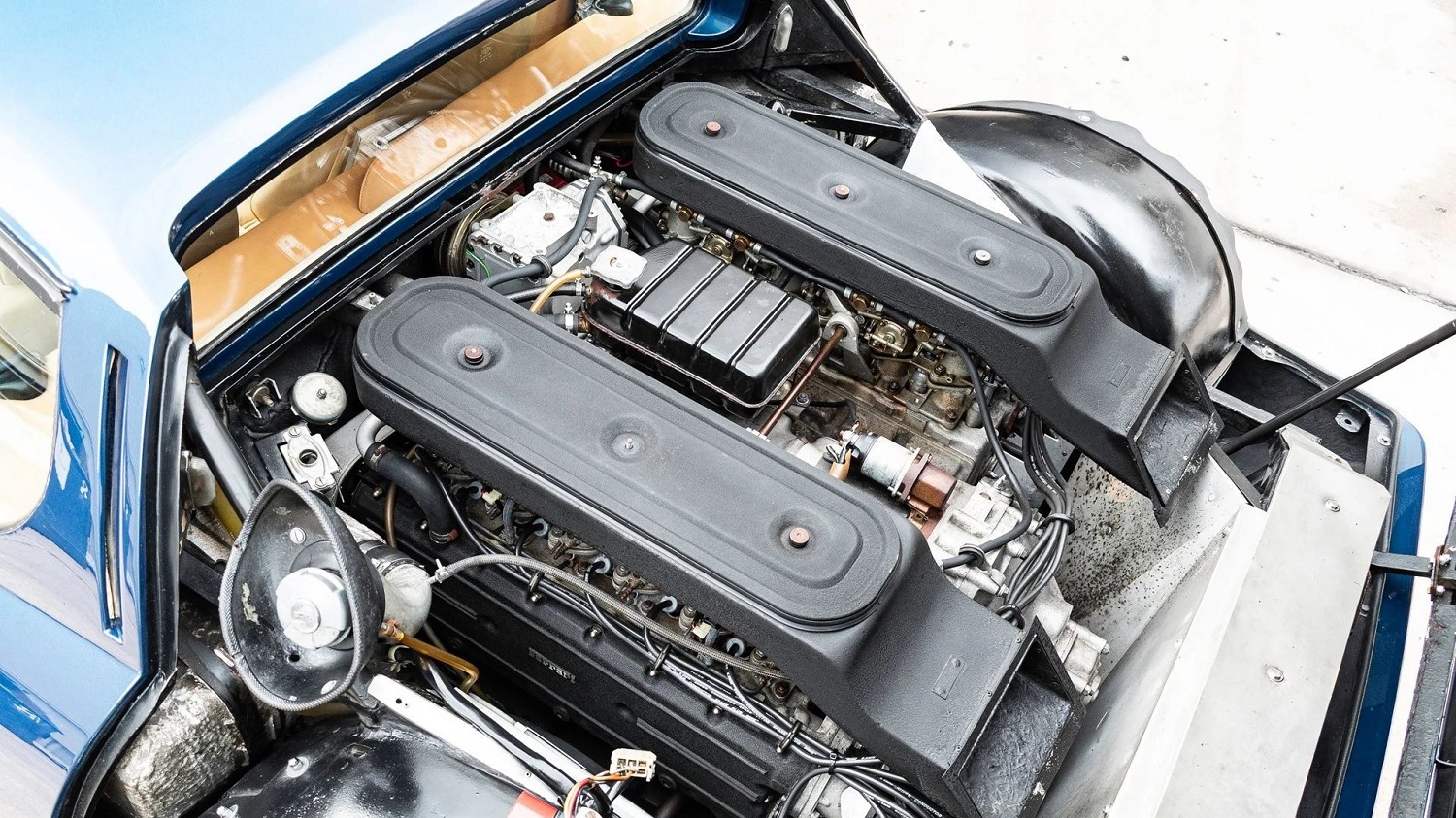
The biggest differences were mechanical, starting with the name. As Ferrari puts it, the 512 BB “broke with standard Ferrari practise of referring to the swept volume of a single cylinder. Instead it continued the theme started with the Dino series, of referring to the total engine capacity and number of cylinders. Hence it meant a 5 litre engine with 12 cylinders,” paired with a five-speed manual gearbox. Despite its larger displacement (which was closer to 4.9 liters) and four Weber carburetors, the dry-sump, DOHC flat-12 generated only 360 horsepower—less than its predecessor. The good news is that the F 102 B delivered more torque and offered better driveability.
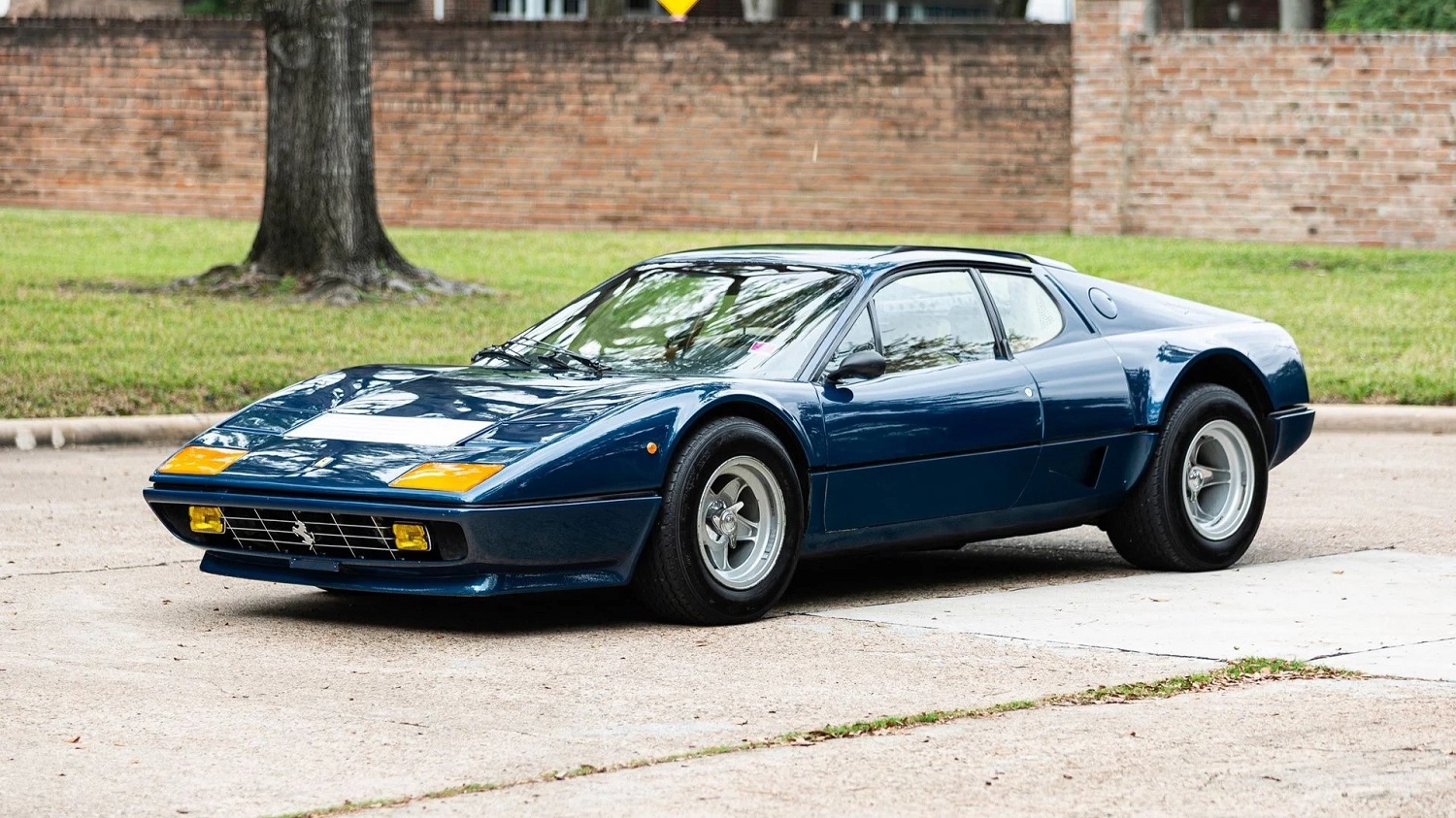
Between the 512 BB’s introduction and 1981, Ferrari only produced 929 cars, none of which were built for the U.S. market. Ferrari’s private clients took the 512 BB (with light modifications) and its 512 BB LM race car sibling to Le Mans, where the drivers took 1st place in the IMSA (International Motor Sports Association) class and 5th place overall in 1981, and 6th overall the following year.
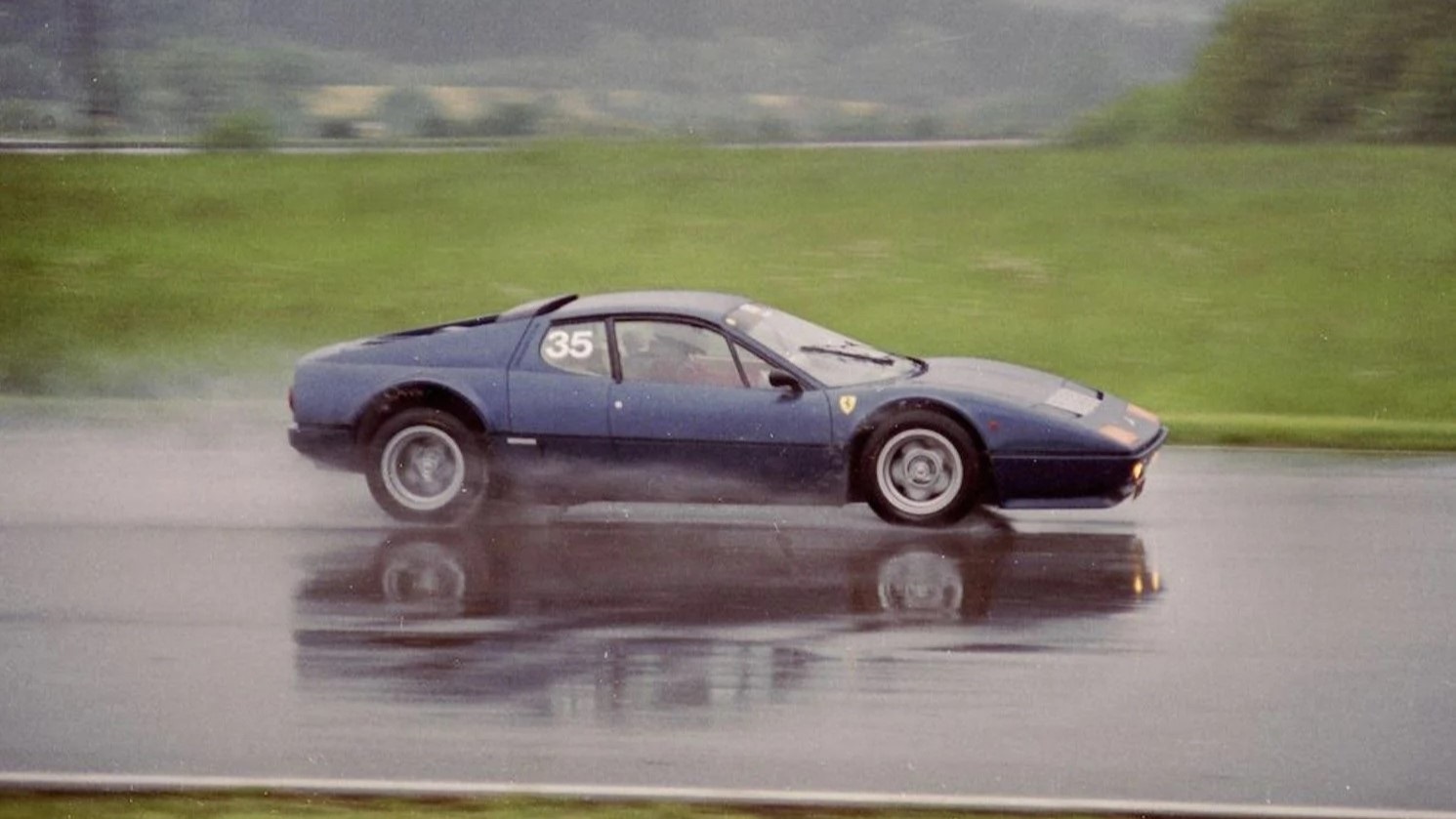
This particular 1977 512 BB has come a long way, both literally and figuratively. True to its heritage, it went racing in Europe in the 1980s. In a way, it hasn’t fully retired because its flared rear fenders and wider Campagnolo wheels are still present. Later, this car became part of a collection of Ferraris owned by Frits Kroymans, Ferrari’s Netherlands importer. Eventually, chassis 20747 wound up in a garage in Palm Beach, Florida, “where it remained tucked away and largely forgotten—preserved, untouched,” according to the selling dealer.
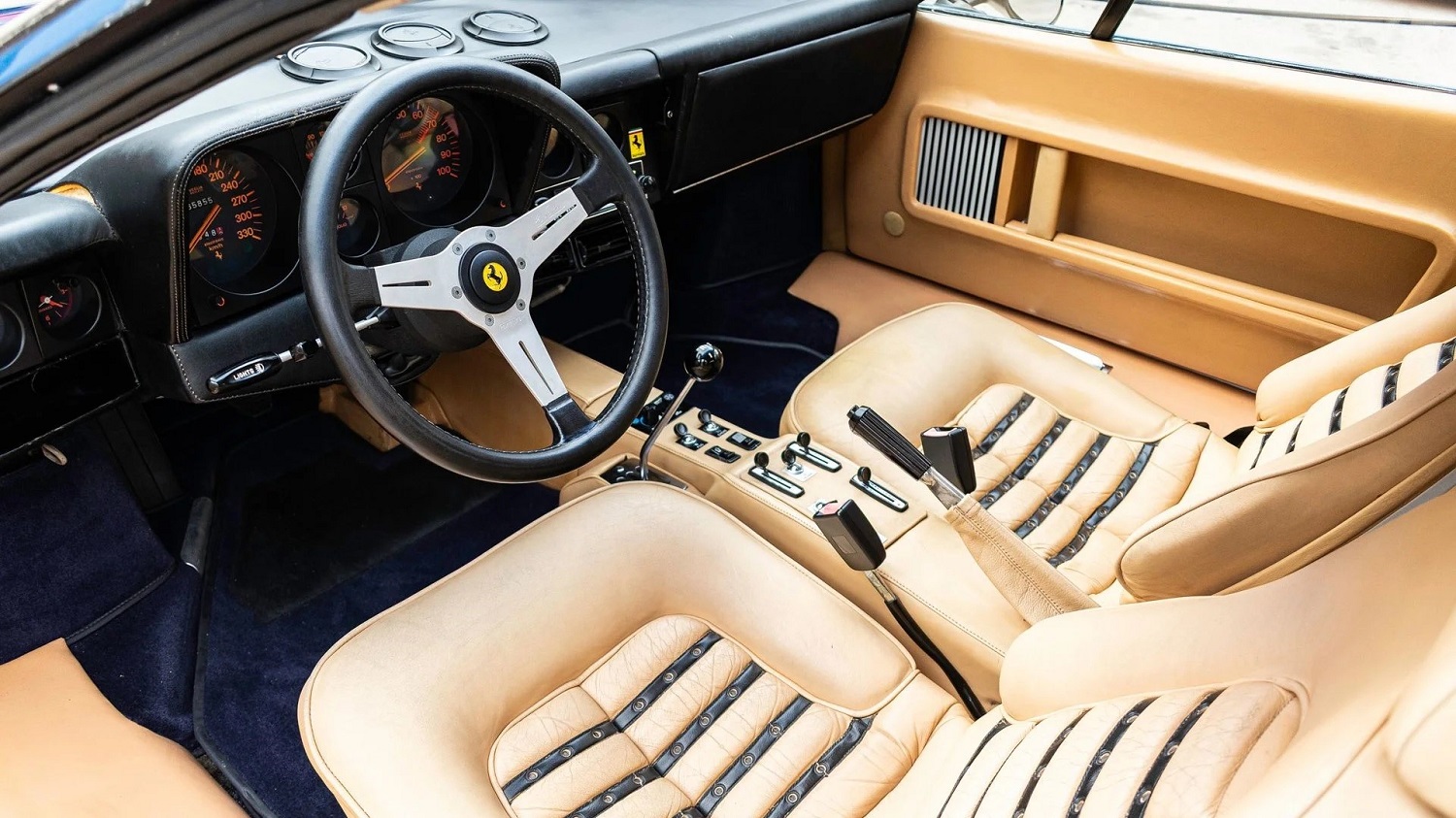
Luckily, the engine still runs after that hiatus, although the dealer recommends having a full inspection and service performed. The passage of time certainly hasn’t dulled the visual appeal of this mid-engine machine. It has a definite ’70s Italian car wedge shape to it, but the flared rear fenders add an undeniable muscularity. The body is even more striking in Blu Chiaro, a beautiful and refreshing change from the reds that cover many Ferraris. Whoever spec’d this car made the wise decision to pair that color with a tan interior with black horizontal ribbing on the seat inserts.
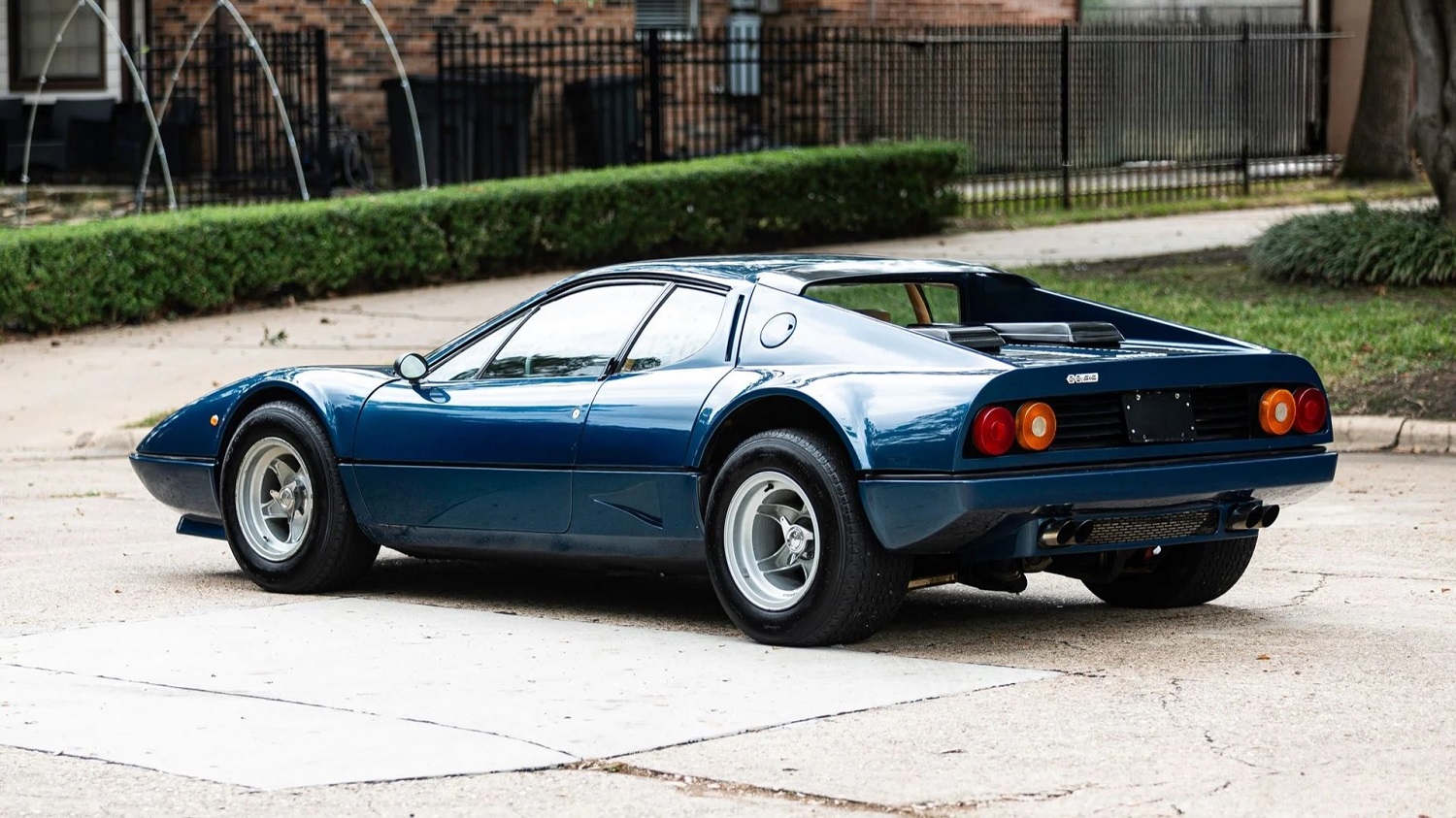
Every Ferrari looks ready to hit the track, but this 1977 Ferrari 512 BB actually has. If you want this attractive piece of Ferrari history to cross the finish line and reach your driveway, it’ll take $227,500 to get it there.
Click here to view this Pick of the Day on ClassicCars.com








